|
I've gotten to know Ben as a dancer in Katrina Conte's piece for Alive Dance Collective's upcoming show INK in Motion. His process has been so collaborative and it was interesting to hear more about it! Read on to get to know more about Ben and catch his work at INK in Motion on April 29th @8pm and April 30th @2pm. 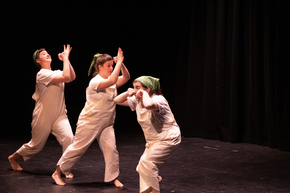 Photo of Katrina Conte's piece presented at NACHMO Boston 2023. Photo by Olivia Moon Photography Photo of Katrina Conte's piece presented at NACHMO Boston 2023. Photo by Olivia Moon Photography Brenna: Thanks for chatting with us Ben! Can you start by giving a brief introduction of who you are and what you do? Ben: Thank you so much for having me. My name is Ben Cuba, and I’m an accompanist, composer, and multi-instrumentalist in the Boston area. I work as a ballet pianist and dance class accompanist for Emerson College, Boston Conservatory, and Greater Boston School of Dance. I play bass in the band Midnight Motion, and I write and record my own original music as well. I have composed music for many dancers and choreographers around Boston. It’s been an honor to compose “Sam Am I” for Katrina and Alive Dance Collective. It is my first piece for Alive, and I’m excited to share it with everybody. Brenna: Tell us about how you started making music for dance! What are some of your favorite creations for dance and why? Ben: My avenue into composing music for dance was through accompaniment and immersing myself in the overall dance scene and environment. I was a Music Composition major at Bates College, and a member of the Bates Dance faculty found out that I played a number of instruments, and she asked if I would like to try out dance accompaniment. I immediately gravitated toward the craft and wanted to further my involvement with dance by composing for choreography. The early stages involved making music for a few videos and short pieces at the Bates Dance Festival in 2015. During my senior year, I got to compose for a piece in the Bates Fall Dance Concert 2015, which was my first major composition that was performed for an audience. I have two favorite creations for dance. I got to see Glenn Kotche, the drummer for the band Wilco, play live on stage for ATE9 Dance at the Boston ICA. His rhythmic connection with the dancers was unparalleled, and he displayed a keen insight into the movement taking place. Dorrance Dance’s “Myelination” left me speechless. I have seen this piece in Boston and New Haven, and it continues to excite and stimulate me musically. Donovan Dorrance’s compositional style is genius; he knows how to get into your brain and under your skin in the most beautiful way. The music, coupled with the tap dancing, is hypnotic, soothing, and galvanizing, and brings you on a comforting journey. These two have been the most motivating and influential pieces for me. It was also amazing to have met Glenn and Donovan after these shows. Brenna: We’re so excited to see your work featured in Ink In Motion! Can you tell us about your process for creating the music for Katrina’s upcoming piece? What was the most fun? What was the most challenging? How did the process evolve as the piece evolved? Ben: It’s been a great time composing “Sam Am I” for Katrina. It’s been a compositional process like no other. Dr. Seuss’ “Green Eggs and Ham” is ripe with back-and-forth quips and confrontations. There are two forces at play in the story, namely enticing suggestion and fervent refusal. I wanted to musically capture these two forces by mixing major and minor keys. Major keys represent the quirky, happy suggestion and the minor keys represent the harsh, blunt dismissal. It was fun to play around with different sounds and instrumentation. I had never composed with horns and marimba before, but, while flipping through the book’s pages, I noticed that the dance and story called for those instruments. I felt a new sense of freedom while composing for this piece. Since the characters in the story ride a train, a car, a boat, while encountering a goat, a fox, and a mouse, I felt like I could implement all types of sounds and noises. Anything is possible in this Dr. Suess world that the dance inhabits. The most challenging component of this process was breaking away from my instinctual creative tendencies. I had to make a concerted effort to go against the melodies that I would typically write. I had also never worked on a dance piece directly based on writing or source material. Having the guidance from both a choreographer’s movement and an author’s visual and verbal aesthetic was a new experience for me. I composed “Sam Am I” page by page, so I needed to understand the little differences between the scenes. For example, when the characters are riding through the dark, I implemented more brooding, mysterious electronic sounds, which stand in contrast to the light-hearted, wacky marimba during the beginning’s back-and-forth dialogue. Brenna: In addition to creating compositions for dance, you are also an accompanist. How do you feel these two roles inform each other? Ben: There are many differences between the two roles. For instance, while accompanying a class, I’m most often limited to one instrument, while I can record and layer many instruments when composing for a piece. Furthermore, dance accompaniment operates at much faster pace than working on a composition. During a dance class, I only have the time it takes for the teacher to demonstrate a combination, and then I create and play something that hopefully works out. I feel like composing for dance allows for more time to experiment. I can play with counts, sounds, rhythms, ideas, melodies that are more outside the norm, or outside of a class curriculum so to speak. There are also many similarities between the two. The collaborative element is crucial for both forms. Whether working with a teacher or a choreographer, the musician’s service to the movement is paramount. Both forms demand a strong amount of observation and listening. Overall, adaptability is key. It is also important to understand that the movement taking place, whether it’s in a class or for choreography, is not limiting the accompanist’s and composer’s musical creation, but rather breathing life into it. That is to say, I enjoy both roles. I find both challenging and overall beneficial to my own musicianship. Brenna: Finally, how can people learn more about you and get in touch if they’re interested in working with you? Ben: My website bencuba.com has videos and links to all of my work. I am also @ben_cuba on Instagram. My email is also [email protected]. Anybody can reach out to me on these platforms. I’m always happy to collaborate. I have also compiled the music I have composed for choreography onto an album called “Savage Movements.” The album is on Spotify and Apple Music, just search my name with “Savage Movements” and it will turn up. “Savage Movements II” is also in the works as we speak. Thank you so much to Katrina and Alive Dance Collective.
0 Comments
Come see Ruth’s work on Friday, March 3rd at the Foundry, 101 Rogers St, Cambridge, MA! Tickets are pay what you can. Reserve yours here today! Nicole Harris: You are a NACHMO pro by now. Do you have any advice for newcomers or those who have been nervous to take the NACHMO challenge?
Ruth Benson Levin: I would say to any newcomer, just relax and enjoy it! It’s the most supportive, low pressure artistic endeavor you could ever do. And it’s a good place to try something you’ve always wanted to try. Plus, if you choose to perform, you get an audience provided for you, which as a choreographer is a wonderful gift. N: For most of your past NACHMO experiences you worked with your longtime collaborator, Lynn Modell. Due to her schedule she won’t be with you this year. (We will miss you, Lynn!) Can you talk a bit about what you will be doing this year? RBL: I am creating a solo for a a dancer named Amy Caine. We’ve gotten to know each other as we both dance for Lynn Modell. Amy was also in one of my pieces for across the ages several years ago. Amy has chosen the theme for the dance and we are going to work together on the movement. N: You made a joke during your conversational application about working with a younger dancer and the things that your body no longer does. As more and more of the dance world is moving away from the idea that all dancers must be young, skinny, and bendy, what advice do you have for choreographers working with artists whose bodies have different abilities than their own? What are some of the tools you are using to communicate what your vision is besides demonstration? How are you creating in a way that leaves room for translation and interpretation by different bodies? RBL: Amy told me she likes to “fly high and fly low”. Meaning, she likes to roll around on the floor and leap in the air. I can do neither of these things anymore. But I am determined to try to come up with movement that will be satisfying for her. I’ve asked her to create some movement motifs based on words that describe our theme. I like choreographing when I get to start with somebody else is movement rather than my own. Learn more about NACHMO Boston and take the #MonkeyhouseNACHMOChallenge by following us on Instagram! Nicole Harris: This is your first time doing NACHMO together. (I believe this is Teresa’s first NACHMO!? WELCOME!) What are you most nervous and most excited about the experience of creating work in a month? A&T: We’re so excited!!! Alexa: We’re using a large prop for our piece, which is always a challenge in itself, but creating a piece around it in a month adds an extra layer of difficulty! I’ve had the concept for this piece for about 8 years now so I’m stoked that I can finally put my thoughts to action. Teresa has a WILD passion and drive for dance that I admire so much and I’m thrilled she’s co-parenting this concept with me. Teresa: I’ve been aware of NACHMO for a few years now and it’s just never worked out to participate until now! Alexa reached out and asked if I’d be interested in collaborating on a piece and I took it as my sign to just go for it this year. I’m really looking forward to getting in the studio and exploring both working with a prop and working in this partnership. N: How did you meet? What made you decide to collaborate this year? How will your collaboration begin? A&T: We actually only met 4 months ago at auditions for OnStage Dance Company! Alexa: I’ve never seen anyone submit choreo and do FIVE pieces in their FIRST season at the company. We were in a small piece together this season that involved partnering, which is how we got to know eachother better…except that we weren’t actually partnered together! I noticed a lot of similarities in our quality of movement and I was like “I gotta work with her!”
N: Teresa - When you signed on to the conversational application you were listed as ASL Interpreter instead of just your name. Are you, in fact, an ASL Interpreter? If so, how did that come about? Are there ways that you feel speaking ASL impacts you as a choreographer and/or a dancer? Teresa: Yes, I’m an ASL Interpreter! I went to college to become an interpreter and have been working professionally for about 5 years now. During my career I’ve actually had the privilege of working with many talented Deaf dancers and performing artists which has definitely widened my worldview about what dance can be. I enjoy the visual movement aspect that ASL, dance, and choreography all embrace. N: Monkeyhouse and NACHMO Boston believe that we wouldn’t be here without the support of our community. Who is one of your favorite local choreographers and why? Alexa: I’ve been a big fan of Nozama Dance Collective for years and I’m always fascinated by their work. Every time I leave a show, I feel inspired to create something. By Nicole Harris
Nicole Harris: This is your first time choreographing for NACHMO. (WELCOME!) What are you most nervous and most excited about the experience of creating work in a month?
Libby Bullinger: Thank you for the welcome! The element of NACHMO Boston that stands out to me in particular is the amount of mentorship opportunities involved. As a fresh-out-of-college choreographer, I have definitely struggled with the transition from strictly laid out assignments, weekly choreography classes, and constant peer and faculty feedback that I received in my dance department to being an independent choreographer with free rein and minimal creative feedback. NACHMO has opportunities for group meetings, individualized mentorship, and peer-mentoring that seem to simulate the environment I learned to choreograph in. I anticipate this month will help ease my personal progression from student to working in the professional world. I’m, of course, nervous that my choreography won’t be “good enough” or “up to standard,” but I have come a long way in terms of how I frame my own achievement. I look forward to this journey being about the process of creation and a catalyst for creativity, with some guidance along the way from a variety of sources. Low stakes, huge opportunity for growth and fun! N: You returned to Boston during Covid after your college graduation. What made you want to come back here? What have you been doing since you returned? LB: I’ve always loved Boston, and as soon as I realized I didn’t want to pursue dancing professionally I knew I wanted to move back to my favorite city post-graduation. There are so many opportunities for creative humans here in Boston, and I have been jumping at every chance I can to get reconnected with the arts community after four years away at college. Dance education and choreography are my passions, so I have been teaching dance at studios around the city and started my artistic collective, Dance LAB, over the summer. Since then, my work has been performed at two separate events: at the Dance for World Community Festival and as a guest artist in Nozama Dance Collective’s DISSENT show. I can’t wait to keep creating and learning from the artists around me, and NACHMO is the perfect combination of those goals with a friendly push to get to work! N: Having started your career during Covid how are you building community in Boston. How can programs like NACHMO Boston help artists who are starting out in a Covid world? LB: I’m a people-oriented person, so the physical limitations that COVID placed on interactions, especially creatively, definitely impacted the way that I approach choreographing. My goal as an emerging choreographer is to make as many connections with other creative people as I can. One resource that has been invaluable is my membership with Boston Dance Alliance. I was able to attend their Open Call Audition and discovered some incredible dancers that I get to work with in my piece for this year’s NACHMO performance! Word of mouth and social media have also been great catalysts for growing my own network. Of course, the concept of the location-based NACHMO chapters is another example of fueling meaningful connections among the dance community, and I am eagerly awaiting the chance to work with this year’s cohort of choreographers. COVID definitely altered our perspectives on the idea of community, so involvement in community-based programs like NACHMO is a way to reenter that aspect of the creative process. N: Monkeyhouse and NACHMO Boston believe that we wouldn’t be here without the support of our community. Who is one of your favorite local choreographers and why? LB: This summer I saw KAIROS Dance Theater’s work in progress showing of “Folktales, Fables, and Feasts.” The athleticism and variety of the dancers’ movement was astounding, and their ability to convey the plotline of the opera fit right in with their collaboration with RenMen. I can’t wait to see the premiere this year!
Learn more about NACHMO Boston and take the #MonkeyhouseNACHMOChallenge by following us on Instagram! Nicole Harris: This is your second time doing NACHMO. (WELCOME BACK!) What did you learn through this process last year? What do you hope to do differently this year?
Carli DiMeo & Claire-Solene Becka: Thank you for having us back! We are so excited. Last year, we worked on a piece about laundry; from this experience, we learned about the intricacies of everyday or quotidian movement and gestures. The mentoring session was crucial in our understanding that domestic labor like laundry is so evocative and at times contentious. As we are again working in a duet, we hope to lean into the vulnerability and intimacy of our connection as perceived by the audience. N: For last year’s NACHMO you did a piece centered around laundry. There have been several other artists recently looking at invisible labor (including NACHMO Boston mentor Kim Holman’s Common Circus) in their work. Why do you think that is such a relatable theme in our community at the moment? CD & CSB: With COVID-19 and the following lockdown, our lives were suddenly jammed into our homes. Zoom invited the outside world inside our homes, and so invisible and domestic labor became increasingly visible. Now the boundaries between traditional work and domestic labor are blurred as people work remotely – we ourselves do our laundry in between (or during) meetings! N: Your laundry piece, Did You Check The Dryer?, was based around the use of props (socks and a laundry basket). Will you be working with props again this year? How do you decide where to begin when starting a new work? CD & CSB: We will not be working with props again though we are considering having a musician on stage with us – and therefore be part of the piece! Last year, we began by journaling on the theme of Lost and Found, which is how we arrived at the idea of using socks on stage. This year, we are doing a “physical journal” based on some images we have collected to explore how those shapes manifest in our bodies. This will be the basis of our movement vocabulary. By Nicole Harris
Learn more about Jessica and her work here. Learn more about NACHMO Boston and take the #MonkeyhouseNACHMOChallenge by following us on Instagram. Nicole Harris: For NACHMO this year you are choosing a non-performance track. How do programs like this benefit your process? Are you working towards a specific project outside of NACHMO that you are using your NACHMO time for? Or is this purely exploratory?
Jessica Roseman: NACHMO is the perfect reboot for the start of my year. I love its casual creativity, playfulness, and the supportive environment. This year, I am combining several repertory dances into one longer piece, and I am playing with an interactive installation concept. At this point, both projects are in exploration phases, as I have yet to figure out where or when they will actualize. N: If this is purely exploratory, or in other places without a clearly defined end product, how do you make sure the process is meaningful? JR: Working by myself, I have zero tolerance for tortured process. Alone, I am responsible for meaningfully shaping my work to suit my vision. So I think a lot about what motivates me to dance, what excites me. I am inspired to use stories from my family and identity, by using my senses, and my location. N: What are your tools for prioritizing process at least equally to product? JR: Scheduled time in the studio. In rehearsal, I set my stopwatch for 5 or 20 minutes, for example, to play out a beginning, middle, and end around an idea. I may do timed dances several times throughout a rehearsal. Often the dance is aimless; some sessions I choose to do nothing. Sometimes I phone a friend in rehearsal, or bring in stimulating props for encouragement. Regardless of what happens, by putting in my studio time, I can trust that my process is growing the dance. Over enough weeks, I come to understand a sense of the story I am shaping. Inevitably, I develop a dance I can live in. My process becomes product. N: You’ve built three distinct pieces for fairly high profile programs in the last year. Do you have any advice for choreographers to care for themselves in the midst of those high pressure situations? JR: Choreograph wellbeing into your dance. If the piece is emotionally or physically taxing, put a recuperation section in there, or creatively modify the action! Work with things, people, costumes, music that make you happy. Bake care into your artistic process and business practices - schedule daily writing, life coaching, affirmations, play, and rest time to keep grounded. Surround yourself with people who you easily share with and trust. Be honest with yourself. Don’t be afraid to say no, or to ask for what you need. N: Thanks to a conversation from you a few years ago we started offering childcare during mentoring, tech, and performances for choreographers who need it. Are there other ways that programs like NACHMO Boston can be supporting artists who are parents? JR: One of my biggest challenges as a parent is balancing my time and energy. I really appreciate how NACHMO offers flexible options in scheduling dates for mentoring sessions, and how to participate. I would love programs for parenting artists to consider offering open, cumulative scheduling, allowing the artist to choose a schedule that works for them. It would be ideal if other programs asked accommodation questions to parent artists up front, even if they’re unable to provide. Parents need to feel welcomed to ask for support; so thank you for asking! N: Monkeyhouse and NACHMO Boston believe that we wouldn’t be here without the support of our community. Who is one of your favorite local choreographers and why? JR: The work of Laura Sánchez really resonates for me, among many other local choreographers. Laura is creating new ways to incorporate all aspects of her being in her dances, including beyond her expertise in flamenco. I am excited to see what she’s doing next! By Nicole Harris
Learn more about NACHMO and take the #MonkeyhouseNACHMOChallenge by following us on Instagram! Nicole Harris: You are a NACHMO pro by now. Do you have any advice for newcomers or those who have been nervous to take the NACHMO challenge? Marissa Chura: Remember that NACHMO Boston is one of the most welcoming and supportive dance communities around! No one is being competitive with each other, or trying to tear anyone down. Something I love about NACHMO is that there’s no hierarchy among the participants- everyone has something to offer, everyone’s contributions and creations are valued and appreciated. Also, don’t put too much pressure on yourself! That’s something I have to remind myself a lot when choreographing, and it’s especially true in NACHMO. This whole process of creating something in a month can feel really intimidating, and it’s easy to get caught up in the idea of creating that “perfect” final product- and for me, that’s not what NACHMO is about. Don’t get so stressed about your final piece that you miss out on the overall experience, because this really is such a great opportunity to experiment with movement and connect with so many other artists. N: You generally create solo work for NACHMO. What draws you to creating for yourself? How do you keep yourself feeling connected to a community when your rehearsals are just you? MC: For NACHMO specifically, one reason for solo work is just practicality- this is a very fast-paced endeavor and with my current schedule and location, it just makes more sense to create solo work than to try and coordinate with a group. On a more general note, I’m often drawn to creating solo work because it gives me an opportunity to explore movement that feels satisfying in my own body. Sometimes in a class or rehearsal for something, you’ll find that one movement that just feels really satisfying, but then you might have to move onto the next thing without getting to explore that movement as much as you might want to. So I guess in a way, creating solo work is my “me-time” when I get to revisit those sensations that interest me and keep digging deeper into them. It’s an opportunity to focus on what feels good to my body, and then figure out how to build more movement around that. I think NACHMO Boston makes it really easy to feel connected to the community even when I’m creating something by myself. There are so many opportunities to directly connect with other people, especially through the various mentoring opportunities. I love group and peer mentoring. It’s always so interesting to hear about other people’s processes and see what they are working on throughout the month, and it’s just a great opportunity to connect with other local artists! Another thing that helps me feel connected is the daily prompts. I don’t necessarily use all of them for my actual piece, but I definitely like to play with them. To know we’re all getting the same daily prompts to play with, and then to be able to see how other choreographers are interpreting the prompts through social media, makes me feel really connected to the larger NACHMO community. MC: I’ve been really grateful this past year to be able to present my work in some different places. I took the solo I created for NACHMO 2022 (“Intentions, or Lack Thereof”) to the Salem Arts Festival last summer as part of their Tiny Dance Stage series. That was a really interesting experience adapting that solo for that particular setting- taking a relatively somber piece that I initially performed on a full stage with low lighting, and then performing it on a 4’x4’ wooden platform outdoors on a sunny day. I also recently collaborated with Chloe Carlson of GUSTO Dance on a duet called “Dialogue…Or Who’s in Charge Here?”, which we presented in Metamorphosis Dance’s Works in Progress Showing in December. That piece is heavily driven by audience interaction and includes elements of humor and improvisation/adapting material on the spot, which is very different from the work I usually present. That’s something I’ve had a lot of fun working on, and we’re now looking for opportunities to expand the piece and continue performing it together, so I’m excited to see where that takes us!
As far as next steps for me: I have this piece that I’m creating now for NACHMO, which I wish I could say more about, but if I’m being completely honest, I still know very little about what the final product is going to look like. Which would have stressed me out a lot in the past, but right now I’m kind of excited that I have so many different ideas of where I could be going with this. I guess we can all be surprised together when the live performances happen (March 3rd-5th)! I’m also in my second season of dancing with Urbanity Underground, and we have our Creative Class show coming up Feb. 17th & 18th. We’ll be performing new work created by members of Underground, as well as Urbanity’s Junior Apprentices. Other than those performances, my main goal for this year is just to push myself to choreograph and create more. I’m excited to see what the year will hold! N: Monkeyhouse and NACHMO Boston believe that we wouldn’t be here without the support of our community. Who is one of your favorite local choreographers and why? MC: There are so many incredible local artists that it’s hard to choose! One of my personal favorites is Duets for a Lifetime- Lynn Modell and Ruth Benson Levin. The first time I saw their work was NACHMO 2021- they created a dance film called “Basement Airlines” that still makes me smile every time I think of it. Their work is really clever and full of surprises, and you can feel the genuine connection and friendship between them when they perform together. If you haven’t seen their work yet, definitely check them out! By Nicole Harris
Nicole Harris: Madison, this is not your first time participating in NACHMO. What did you learn last time that will help you this time around? Is there anything new that you are doing this year? Madison Florence: This year is my third year participating as a choreographer. Last time, it was 2021 and we were creating entirely for video. Choreographing for the stage feels very different and I became very comfortable performing and creating for an audience I could move and choose what angle they could see the piece from while creating video. I'm doing a little unlearning of that this year but I am excited to do some partnering, get creative with music, and push the boundaries of my comfort zone. N: You will be collaborating for NACHMO this year. Is this the first time you’ve created together? How do you know each other? How will you begin your collaborative process? MF: This is our first time creating together but not the first time dancing together. We are both dancers with Nozama Dance Collective and became fast friends since the day we first met. Lucky for us our thoughts are very aligned and developing a concept was a simple conversation. Sarah Ready: Yes, this is our first time creating together but we have been fortunate enough to dance together with Nozama Dance Collective. I met Madison when I auditioned for Nozama and instantly hit it off and found that we work very well together. We began our collaborative process by having a seamless conversation where our concept was developed. N: The last few years have been challenging for everyone, especially in terms of creating and connecting. What have you been working on to get you through Covid and how have you been staying connected? What did you learn from that time that you’re taking with you as we find our new normal?
MF: COVID has been tough to maintain connection but I am very grateful to have a dance community to have met virtually and safely in-person for regular rehearsals and video dance projects. I've learned I can't do as much as I used to and I need to slow down to take care of myself and enjoy the things I am doing. There's plenty of time and there is no reason to rush or over do it. SR: Covid pushed me to make some changes in the communities that I keep. I found dance communities that provided safe rehearsal spaces. Movement is a big part of who I am, so being able to connect through dance in safe spaces was very beneficial to me. That time taught me to take a step back and see what is not working. It taught me to seek out communities that share similar interests and provide support. N: Monkeyhouse and NACHMO Boston believe that we wouldn’t be here without the support of the community. Who is one of your favorite local choreographers and why? MF: I can never pick just one but currently I'm loving the energy and perspective Brett Bell brings to the stage. SR: One of my long-time favorite local choreographers is Lacey Sasso because of the effortless feel she gives to her movement. You can truly see her passion for dance shine through as she captivates her audience. by Nicole Harris
Learn more about NACHMO and take the #MonkeyhouseNACHMOChallenge by following us on Instagram! Nicole Harris: This is your first time choreographing for NACHMO. (WELCOME!) What are you most nervous and most excited about the experience of creating work in a month? Katrina Conte: I have been wanting to create a piece based off the Dr. Seuss book Green Eggs and Ham for awhile now and I’m excited to explore some abstract funky movement to match his whimsical book. I'm nervous about completing a piece in a month that I feel is complete, but I am trying to think of this show as a test run before it's shown again in our ALIVE show in April. N: You are choreographing this year as part of Alive Dance Collective and your piece will be inspired by their season theme of books. Can you tell us about what book you’re using and how you’re planning to use it? What first drew you to the book? KC: I was first drawn to this book when I went to see How the Grinch stole Christmas the Musical touring at my university a few years ago. There was a fun fact page about Dr. Suess in the program and it mentioned he only uses a total of 50 words rearranged to create the story of Green Eggs and Ham. This sparked an idea! I will be generating a move for each word in the story and choreographing it in the structure of the book. I am also having my musician be inspired by a similar idea. N: In addition to dancing for Alive you have worked with The Click and Kim Holman in the last year. All of those choreographers have very different practices. What have you learned about your own choreographic process and how has it changed through 2022?
KC: I have also danced with Kairos Dance Theatre within the last year! My choreographic process has become a lot more collaborative with the dancers I'm working with. I have also learned it's okay to not know where you're going and trial and error leaves room for exploration and new ideas. I have noticed recently that I am very inspired by literature and using it to explore words and phrases in movement to create my works. N: Monkeyhouse and NACHMO Boston believe that we wouldn’t be here without the support of our community. Who is one of your favorite local choreographers and why? KC: I am still new to this city and would say I haven't seen enough work from different choreographers to have a favorite. But two Choroeghers whose work I admire are Shen Wei (NYC Based) and Rosie Herrera (Miami Based).
Learn more about NACHMO and take the #MonkeyhouseNACHMOChallenge by following us on Instagram! Nicole Harris: It’s so exciting to have you back to NACHMO! We have certainly undergone a lot of changes since you were with us in 2020. What have you been doing during that time? How do you feel your practice has changed? What things have you discovered to be vital to you and your work? Jo Troll: It's exciting to be back! NACHMO 2020 was actually my last live performance before the lockdown. I think that's the real change that's happening. I struggled a lot during the pandemic and had to refocus much more on my teaching instead of performance. In terms of creation and performance, I feel like I'm just coming out of a multiyear hibernation. This pandemic has taught me a lot in terms of the value of virtual work in terms of accessibility. I never thought that I would teach only on zoom, and yet, I see how much the virtual world has allowed more people to be able to access dance. Now, I'm trying to bring these lessons into my solo creative practice as well. I'm playing a lot more with video and the idea of performing live in a virtual way. I've been thinking a lot about space recently - my main rehearsal space is still my bedroom. So what does it mean to see a space differently or experience a space when we're not physically in it? N: You have a background in a variety of traditional percussive dance practices. Can you tell us a bit about what you’ll be working on for NACHMO this year? JT: Nothing noisy or virtual! I'm working with Irish light shoe dancing, which can feel very percussive but doesn't have the accompanying sound.I'm not quite sure what it is I'm actually doing yet, but it seems to involve a chair. I've always been fascinated by how music for dance can change our perception of time and that has been my main starting point. I struggle between the desire to simply dance and the need to say something with my dancing. I'm a trans, aroace, disabled Irish dancer and if I don't frame my work, someone else will do it for me and usually miss something important. But sometimes, I just want to put on good music and dance. I think that tension is an underlying theme in my work at the moment. N: Your practice focuses on building connection and community and creating safe spaces for queer dancers. How can programs like NACHMO help support this goal for you and others?
JT: NACHMO already does a lot of great work in terms of just being able to build connection with other dancers. I'm really excited to see the new (to me) peer mentoring system, as just a great way to build connection. Similarly, I'm impressed by building up the diversity of mentors. Feedback is such an important thing for creators and can become so fraught because it becomes so tied up in personal aesthetic and identity. NACHMO has done great work in building up a body of mentors who have the experience and skills to serve a large group of dancers. The main way organizations can support queer artists, particularly trans dancers, is not to settle. You have a trans choreographer? Awesome! What about two or three? And, more importantly, are they happy? Can you make their time here more comfortable? As someone who has been the "only one", nothing makes me more uncomfortable than being the excuse for an organization not to continue working on queer inclusion. And of course, queer dancers are all around doing incredible work for our dance community. How can you support the work already happening? N: Monkeyhouse and NACHMO Boston believe that we wouldn’t be here without the support of our community. Who is one of your favorite local choreographers and why? JT: Choosing one is very hard, but Kieran Jordan, my teacher, has always been at the top of my list. Kieran has been central Irish dance for so long and done such incredible work in that time. By Nicole Harris
Curious about aMaSSiT? Applications will open soon for the next cohort! More information will be available at The Dance Complex’s website! Learn more about NACHMO and take the #MonkeyhouseNACHMOChallenge by following us on Instagram! Nicole Harris: This is your first time doing NACHMO. (WELCOME!) What are you most nervous and most excited about the experience of creating work in a month? Tess Liddy: I’m most excited to be creating with a group of dancers who I really love and respect! I’m also excited to have gotten permission from the artist of my song to use it; as it was my top most played song of 2022, it feels like a great way to start 2023. I’m most nervous about creating a jazz piece in such a short time. I’ve created contemporary pieces in a crunch before but I’ve recently become much more interested in jazz dance and upbeat songs. I haven’t ever choreographed jazz so it’s a double challenge to choreograph jazz and to do it in a month! N: You are relatively new to the Boston area. Where did you come from before here and what brought you to Boston? TL: I grew up in Plymouth, MA dancing since I was 6 at Center Stage Dance Academy in Sagamore, MA. I went to undergrad in Madison, NJ at Drew University which is where I first choreographed! The pandemic closed everything during my senior year and I returned home to live with family on Cape Cod. After a year of working on Cape Cod, I was offered a job teaching for the Boston Public Schools and I made the move in July 2021! I now live and teach in Dorchester; I teach 7th/8th Grade Applied Behavior Analysis. Working for the public school system and moving a bit farther from home was what brought me to Boston but the dance community is what has kept me wanting to be here! Can you talk a bit about your choreographic journey in the last year? When did you feel most successful? What are you looking for to keep your momentum going into 2023?
TL: I love this question because it is actually what my NACHMO work is about - the last year of my life in dance! The aMaSSiT program felt like a shot in the dark for me and when I was accepted, it introduced me to the large dance scene here in Boston; before that, I hadn’t choreographed since my senior year of college - spring 2020. I was able to continue my aMaSSiT piece, “In A Minute”, for the OnStage 360 show in July. From there, I took a break from “In A Minute” and began choreographing a piece entitled “Falling” which was a duet danced by Kaylee Mahan and Gwen McGovern - it was presented at the 2022 Dance for World Community Festival in September and I then adapted it again for the DanceWorks In Progress show through Metamorphosis Dance Company in December 2022. To keep my momentum going into 2023, I am looking to broaden the amount of dancers I work with. Coming to the Boston dance community was intimidating at first because of how well connected everyone felt and how little I knew; I’ve made some amazing friends along the past year and I’d like to continue building those relationships. N: Monkeyhouse and NACHMO Boston believe that we wouldn’t be here without the support of our community. Who is one of your favorite local choreographers and why? TL: At the OnStage 360 show, I was absolutely blown away by the dance “Rain in the Ravine”, choreographed by Pearl Young (IG: @pearlyoung21). While I haven’t had the opportunity to see any of Pearl’s work since, I would love to see more! It was a beautiful, dynamic performance with amazing synergy between the dancers. By Nicole Harris
Nicole Harris: This is your first time doing NACHMO. (WELCOME!) What are you most nervous and most excited about the experience of creating work in a month? Carmen Rizzo: I’m most excited about creating something relatively quickly that I am proud of and that genuinely reflects my artistry. I’m also very excited to witness everyone else’s process and learn from the community. I guess with that comes some nervousness to deliver up to my own standards. N: You talk about the importance of collaboration in your work. Will you be collaborating with anyone for NACHMO this year? How do you usually find collaborators? Do you have anyone in particular that you normally work with? CR: My goal is to collaborate with a musician for NACHMO and potentially one or two more dancers. I am in communication with the composer I want to work with and ironing out details. I usually collaborate with artists I admire and know the quality of their work. Many times they are colleagues, friends, references or artists whose work I have already seen in some other setting. Most commonly I have some connection to the artist before the collaboration begins. With that being said, I don’t have anyone I always work with. I like diversifying my collaborators as a way of diversifying my work and to find authentic artistic connections to each work’s subject. N: Your bio ends with the line “Carmen also typically engages in deep scientific research before conceptualizing dances.” Can you tell me more? How does science overlap with your work?
CR: I typically go down a research rabbit hole on a subject relating to psychology, neuroscience, anatomy, and general human biology linked to dance. The most recent deep dive, for example, was a comparison on how language, movement and dance are interpreted/processed in the human brain. I read multiple scientific papers and research studies on the innateness of movement and language as forms of communication, on the regions of the human brain that are responsible for producing language and the ones responsible for interpreting language, on how other animals communicate, and so much more. That research led to the creation of a work called “Lost in Translation”. I am very interested in all facets of the human body and appreciate all the scientific research there is available on different aspects of our bodies. Because of that and my more obvious appreciation for dance, I like to combine those and appreciate them even more. I like looking at something so “factual,”“real,” and many times “flat” like science with a dance perspective, with a creation process in mind. The opposite is also true, that I like looking at something so abstract, complex, filled with dimension like dance with a scientific perspective. It’s something that has always sparked my creativity and ignites my inspiration. N: Monkeyhouse and NACHMO Boston believe that we wouldn’t be here without the support of our community. Who is one of your favorite local choreographers and why? CR: One of my favorite local choreographers is Victoria Awkward because not only is her choreography the kind that I could watch forever and never get bored but she is also an inspirational figure for me. I love how she is able to accomplish so much, maintain her honesty, be fair with her company’s dancers and collaborators (compensating them adequately, among other practices), support the community around her, and be such a welcoming person always. She truly has so many elements that I look up to and use as a guide for myself as I navigate the Boston dance scene as a young choreographer. By Nicole Harris
Learn more about NACHMO and take the #MonkeyhouseNACHMOChallenge by following us on Instagram! Nicole Harris: This is your third NACHMO which means it’s Collective Moment’s second birthday this month! What have you learned through the process of starting a company? What are your goals moving forward? Kaylee Mahan: I am so excited for our second birthday month and am so excited to share it with you all!!! I have learned so many incredibly things.
N: You were part of the aMaSSiT program in 2022 (alongside Circe, Lila, Tess, and Soumya who are also part of NACHMO this year!). The piece you created has developed quite a bit since then. Can you talk a bit about your choreographic journey from aMaSSiT to now? When did you feel most successful? What are you looking for to keep your momentum going into 2023? KM: Man oh man - first and foremost being apart of aMaSSiT was and is still one of the best experiences of my life, as a person, choreographer, dancer! I found community, happiness, and good healthy dance connections! It was so lovely to be in a shared space of artists of all styles and just share! As for my choreographic journey - I’ve taken a lot of time and put more thought into recent works, allowed myself to really slow down with some movement and approaches. I’m honestly not to sure where I have felt most successful - thats one that I think I have to ponder on! To keep my momentum going into 2023 I think is to just really keep diving into making connections and communication with my fellow artists! To create and move for nothing else other than to just move - I’m really excited to follow the daily prompts of NACHMO - i enjoy being able to follow along prompts and see what comes up and out of it. N: The piece you made for aMaSSiT was a solo and has since included more people. Can you talk about the process of development, especially with the topic being so personal for you? KM: he original work I envisioned expanding from aMaSSiT didn’t happen in the way I expected - I shifted it towards a duet which I hope to eventually grow into a possible evening length work from duet - group slowly continuously adding people in as the work progresses. I feel very fortunate to be surrounded around people who get being human and allow the space and room for it . I originally looked at the duets I was making as if they had nothing to do with the original solo, which I’ve come to be entirely incorrect in that I just didn’t see their embrace yet, if that makes any sense at all! N: You live in Worcester and frequently make the trek back and forth to Boston/Somerville/Cambridge for rehearsals and performances. How can programs like NACHMO Boston better serve artists who live in the middle of the state, not just in the greater Boston area? KM: Personally I don’t mind the drive but it is often quite a trek! I think maybe keeping in mind when scheduling events that some artists may being driving an hour plus back, sometimes late at night. It’s a choice that I choose to make but in reflecting to see if I had anything valuable to share, and thats something I think! However scheduling is so difficult…! N: Monkeyhouse and NACHMO Boston believe that we wouldn’t be here without the support of our community. Who is one of your favorite local choreographers and why?
KM: JUST ONE! Oh my goodness well I’d like to name a few if able and you can pick and choose if you’d like, in no order what so ever: I saw these two separate artists work at a show that we were in together this past July, I believe, and I often think about how lovely it was to see their creations. Core memory made! Pearl Young: insta @pearlyoung21 Brett Bell: insta @bmbe11 Also: Tess Saoirse Liddy @tess.saoirse Gwen McGovern @gwen_mcgovern By Nicole Harris
You can learn more about NACHMO Boston and take the #MonkeyhouseNACHMOChallenge by following us on Instagram! (P.S.You can support Christopher and all of Monkeyhouse’s fiscally sponsored artists here!) N: This is your fourth NACHMO, making you a pro! Do you have any advice for first time participants or artists who have felt nervous about taking the challenge? Christopher Croucher: Honestly, I feel like NACHMO is the perfect way to shake off those nerves. The way that NACHMO Boston supports the choreographers really makes it a choose-your-own-adventure kind of challenge. Put in as much or as little energy as you have to give, really, it’s okay! As Brenna Banister and Alive Dance Collective say, we’re full time humans and part time dancers. It’s okay to jump in at the deep end or stick a toe in the wading pool. No matter what, you’re going to take something from this experience! I think the most important things to remember are that 1. This should be fun, otherwise why do it? and 2. You’re stepping into one of the least judgmental and most supportive communities you’ll find in the dance world…enjoy it. You never know what will come out of it until you shake it off and go for it. N: You have been incredibly busy in the last year working on Letting the Land Lead. Can you tell us a little more about it? Where are you hoping it goes from here?
There’s a lot of growing to do but when I look back on all that’s happened in 2022 and particularly since NACHMO 2021, I know that growth is absolutely possible!
N: With all the site specific work you’ve been doing, how are you translating work that is made to be done outside in nature to an indoor traditional performance space? CC: Site specific work is very important to Letting the Land Lead and its function of connecting folks to their ecological environments, however, the backbone of the creative process for LTLL is actually pretty translatable. It starts with a somatic meditation practice that I do with participants and performers and we create the movement from there. It may be that, for this NACHMO, instead of starting in-studio and bringing the movement outside to let the land lead, I’ll start outside and bring it in…we’ll see! N: Monkeyhouse and NACHMO Boston believe that we wouldn’t be here without the support of our community. Who is one of your favorite local choreographers and why? CC: I’m going to cheat a little and mention two choreographers because I met them both through the National Arts Strategies Creative Community Fellowship this year and I really love the work they’re both doing. There are certainly more, including more I met during the Fellowship, but I’ll keep it as brief as I can. The first is Ellice Patterson who is the Artistic Director of Abilities Dance Boston. Ellice is a wonderful person and also an incredibly powerful activist for social change. The company not only creates dance work that centers dancers who identify as disabled, telling the truths of their own stories, but also works towards extending true accessibility to all people of all needs in the performing community and beyond, even to the point of fighting for changes to legislation that will support this work. I am truly humbled by the force of change that is Ellice Patterson. (abilitiesdanceboston.org) And Amanda Whitworth. Amanda is a co-founder of Articine, an organization that brings together the worlds of art and medicine to both support health care workers and inspire them to treat their patients from a place of deeper compassion and humanity. The ideas and research behind this work are truly fantastic and Amanda herself is an incredibly kind and supportive person who clearly loves the work she does. Her excitement for it is palpable and infectious and makes me smile whenever I get a chance to speak with her. (articine.org) Truly, the dance world, and the world as a whole, is better for the work these two choreographers are doing. By Nicole Harris
Learn more about NACHMO (including where you can see Brett’s work in early March!) and take the #MonkeyhouseNACHMOChallenge by following us on Instagram! N: This is your third NACHMO, making you a pro! Do you have any advice for first time participants or artists who have felt nervous about taking the challenge?
Brett Bell: GO FOR IT. We have the control and at times only hold ourselves back from exploring our potential as artists. This is your chance to experience a new adventure. N: Despite this being your third time with us, this is the first time that you will be creating a solo for yourself during NACHMO. What made you make that decision? What does it feel like to be working on your own? BB: The past year I've sat with myself and did a check-in. The decision came about after reconnecting with my faith. I started looking into what matters to me as an artist, while pushing myself to explore my deeper connection to movement. My inspiration comes from recent time spent in church. It feels scary to do this by myself, but I know my community of friends and family keep me from truly feeling alone. N: Monkeyhouse and NACHMO Boston believe that we wouldn’t be here without the support of our community. Who is one of your favorite local choreographers and why? BB: I will forever be inspired by my very best friend, Jeryl Palaña Pilapil-Brown (She/Her). Jeryl’s appreciation for the art of dance is beyond inspirational, she has a unique way of using her voice and for this I am very grateful. Jeryl has helped me in so many avenues throughout life and I truly appreciate her willingness to help the dance community continue to grow. You can check her out on instagram @jerylpalana_ Happy birthday to all our friends who celebrate in December!
Amanda Untracht, Amy Foley, Barry Duncan, Brianna Unsworth, Carly Krolak, Corey Hutchins, Darren Buck, David Makransky, Frank Sinatra, Jenna Dewan, Jennifer Beals, Jennifer Kuhnberg, Jessica Roseman, Jon Lavalley, Jose Greco, Khalid Hill, Mara Blumenfeld, Marty Allen, Natalie Schiera, Nicole Ohr, Ralph Farris, Robert Joffrey, Rowan Salem, Rudolf Laban, Ruth Faris, Sammy Davis Jr., Sarah Grace, Thomas Durand, Todd Shanks, and Vanessa Martinez de Banos Happy Birthday to all of our friends who celebrate in November!
Kyla Barkin, Gracie Baruzzi, Busby Berkeley, Nick Boraine, Benjamin Britten, Isabella Carmenate, Ryan P. Casey, Aaron Copland, Andrea Underhill Curtin, Lane Dansereux, Eva Dean, Brian Eastman, Rick Frank, Savion Glover, Chuck Green, Alexander Godunov, Soufiane Karim, Laura Kinlin, Remy Marin, Jenny Oliver, Mia Paschal, Courtney Peerless, Jordan Pierce, Eleanor Powell, Kora Radella, Donna Rosenberg, Connor Shea, Michelle Schlief, Jon Taft, Susie Telsey, Aaron Ximm 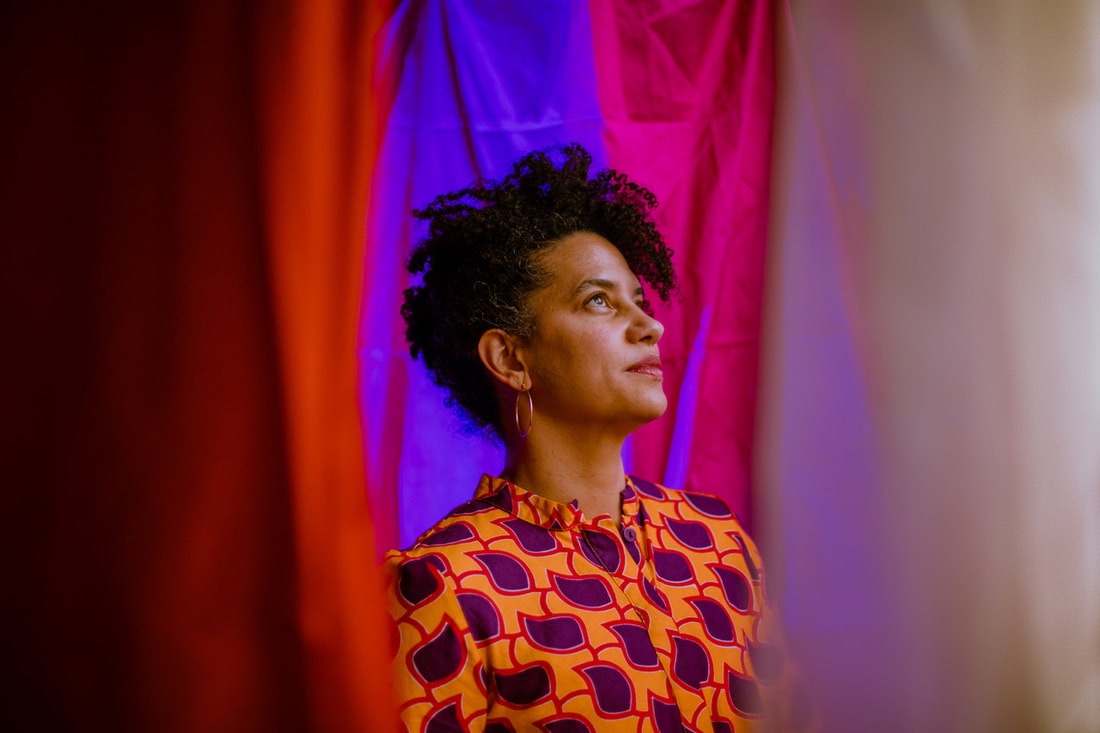 Photo Credit: Mel Taing Photo Credit: Mel Taing We joyously continue our Adapting to Uncertainty Series this week with a quick conversation with Jessica Roseman. Eagle eyed readers might have noticed a photograph of her in the background of last week's interview with Kim Holman. Her Nourish project invites people into her creative practice and often utilizes some unexpected public spaces. If you are lucky, you can catch Jess in action at 6 Faneuil Hall Square Boston, MA, 02109 today from 6 - 7:30PM. And if you go, say hello to karen Krolak or Nicole Harris and share your response to the performance. For more information, click here karen: During the pandemic you began building the Nourish project. I know that there is lots of information about that on your website but I am wondering what was different about how it developed compared to things you built pre-pandemic? Jessica Roseman: Pre-pandemic, my dances were experimental questions. I focused on understanding my choreographic vision - how do I want to present myself? What excites me? What themes and vocabularies serve me best? (Why) is it even important to make dances? Coming back to choreography after years of healing from trauma, I was examining choreographic approaches to pleasure, searching for ways to make myself - and others - feel better through dance. I was gathering tools, questioning every step and result along the way. My dances were testing the waters of my own vulnerability and creative capacity. Time and money-wise, I invested in my own self interest without worrying too much about expense, results, or exposure. During the pressure cooker conditions of the pandemic, it became necessary to use this line of choreographic inquiry as a means to process, heal, and to actively use my voice for change. I had an immediate need for connection, and to stake a claim in my art and my community. My work, the same approach and content, became at once more political. I invested in building a sustainable career, and built my business in the process . kK: One of my favorite parts of the land acknowledgements that you share at the start of Nourish workshops is how they encourage me to reflect on the specific site where we are dancing. You are going to be performing for Now +There at Faneuil Hall on August 16, 6pm How has that location influenced your thinking? What sort of research have you done there? JR: Boston is steeped in colonial history which typically does not tell the whole story. There are tons of historic maps, exhibits, books, tours, and websites about the layered history of Faneuil Hall. Boston’s wealthiest merchant of the time, Peter Faneuil, who built the meeting house, had a significant role in the slave trade. Farmers from inland, including from what is now called Lexington Community Farm (where I am Artist in Residence), brought their produce to sell in the Faneuil building. As ever, I found it challenging to process an inclusive land acknowledgement of that place without getting swept away by the sheer volume of information from a capitalistic, white supremacist perspective. To defy the confines of the colonialism, I am generating my own narrative from my personal connections to Faneuil Hall, and particularly my values for the present:
kK: You have been in residence at Bearnstow last week and previously at Subcircle in Biddeford. How do these weeks away reframe your investigations into the specificity of site where you are presenting work? How do they serve your larger creative practice? JR: I was born in Maine, and spent many magical summers visiting here as a child. Subcircle and Bearnstow's subsidized Maine residencies bring me back to my childhood self while directly supporting my growth as a choreographer. I feel so affirmed as an artist to be welcomed into their amazing spaces. I have come to rely on time away from my regular parenting routine. I also just love dancing among the plants and trees which each facility environmentally protects. In nature, I deepen my understanding of the good in the world, and my purpose in it. I reset my sense of time and space. I breathe deeper, and become more grounded. I take experimental new risks. In residency, I experience a cyclical process of nourishment in relation to the land, which feeds my creative practice. Thanks to Bearnstow and Subcircle, I become fortified to delve into politically challenging places like Boston’s Dock Square, and to make louder, more complex work. 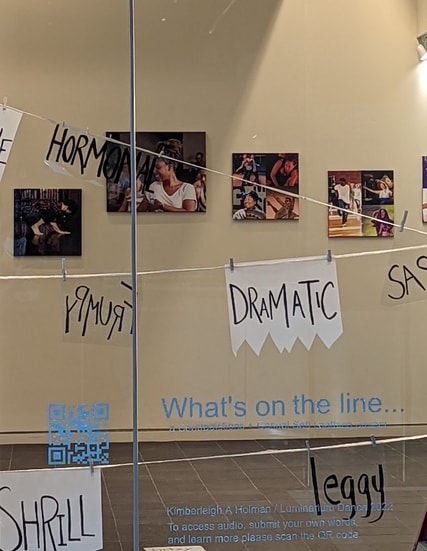 Photo Credit: karen Krolak Photo Credit: karen Krolak Recently Steve Wightman asked us about how local choreographers are adapting to the uncertainties of presenting work at this stage in the pandemic. As co-Artistic Director, karen Krolak replied, we were inspired to start a new series for the C2C blog. After helping to install Kimberleigh Holman’s installation What’s on the Line… (WOTL), at The Dance Complex’s Complex @ Canal space last week, karen thought this could be an excellent project to kick things off. Thanks Steve for for stirring up this conversation and to BioMed Realty and The Dance Complex for providing the Complex @ Canal space. Complex @ Canal is at 650 E Kendall St Cambridge, MA 02142. WOTL can be viewed from outside or inside the building which is accessible to people who use mobility devices. More information on the exhibit and related audio files about the piece can be found here. Look out on The Dance Complex's blog too, we may soon continue this interview there! karen: Folks around Monkeyhouse know you as a choreographer and lighting designer, how did you get into creating a public art piece? Kimberleigh Holman: It’s been a bit of an identity crisis spun out of a need to take action, if we’re being totally honest. My MFA is in Interdisciplinary Arts with a Performance Creation Concentration (Goddard College) and while I also love to make what I consider installation work, it’s usually durational performance for, say, bodies in landscape or unusual settings. I love to utilize my knowledge in lighting, sound creation, and other methods of performance to make interdisciplinary work, where the elements interweave to strengthen the work as a whole, but it’s never taken the form of public art. That being said, it’s tough to sit around while hearing blow after blow for women’s rights and bodily autonomy in our news. It’s hard to hear stories from friends about their experiences with gender-based violence as a subsection of our country gets more emboldened in the political climate over the last few years especially. I feel like while I vote, and donate, and show up, we are still in a constant downward spiral in regard to how very human issues are politicized. What I CAN do is take this clothesline (from last fall’s Contradictions + Casual Self Loathing) that is always a conversation piece, put it in public spaces, and feel like I’m taking action—opening a door for people to talk with one another about their experiences with words that are predominantly used for women, and make some small scale change. Hence What’s on the Line… and thanks to the generosity of the arts spaces that are eager to house it, this step into public art. kK: Since I was dramaturg for Contradictions + Casual Self Loathing, I wonder if I can slip that hat back on for a moment and ask you to share a bit about how you chose the words for this installation. KH: We (myself, the performers, you) started generating this list of words that predominantly get used for women in both a virtual book club meeting and in rehearsal for Contradictions + Casual Self Loathing. I knew I wanted the visual of these often-derogatory—sometimes shocking—words being hung on a clothesline onstage. The juxtaposition of domestic labor and these language norms as things that are both given little thought appealed to me. Interview subjects from my research phase generously contributed some. Of course friends and family added theirs… even my husband gave me a jaw-dropper he’d heard in a work setting years ago. The funny part is that since we started listing these “words for women”, we haven’t stopped. Every time the line goes up, there are new words. Audience members at Contradictions’ debut in Dedham were eager to chime in with some of their own. We also recently installed What’s on the Line… at Bellforge Arts Center (Medfield) where viewers were quick to chime in with words (and the related stories) from their life experiences, and as I write this WOTL has been up at Complex @ Canal in Kendall Square for about a day and I’ve already received a dozen or so new additions. I keep a spreadsheet with where they came from, and I’m curious to start looking for trends in our ever-growing crowdsourced list. kK: As you were talking about questions of access to care, I was reflecting on how that intersects with accessibility in a general sense. You were just part of the 2022 ILN network, how did that program influence installing WOTL? KH: A lot of the education provided by Mass Cultural Council’s Universal Participation Initiative/ILN program is centered on access in cultural spaces, especially in museum settings. In installing WOTL I wanted to make sure that the QR codes that explain the installation are accessible from all heights, and the installation itself is viewable from all angles—floor to air. While it is currently a very visual experience, the website page that accompanies the work provides descriptions of the project, alt text on images, and audio in the form of both an artist statement and also a fifteen-minute track to listen to that can stand alone, or accompany the viewing experience. It’s also potentially difficult and triggering subject matter, so I gave a lot of thought in how to present it in a way that gives a viewer the time and space they may need to do so. I hope to eventually be working with a budget for this project that enables full access! kK: On a side note, I know you performed Maine this weekend and that you had to juggle things a bit due to COVID cases in Luminarium. Did you find that going through ILN helped you navigate that challenge? KH: I think ILN reinforced a human-first philosophy that I’ve always tried to work with, since I started making performance with others. We live in complicated times, things happen, and health and safety come first… the people come first. kK: How was jumping back into your trio, Getting There is Half the Battle, to take the place of your dancer? KH: It’s interesting to insert yourself back into physical work you’re familiar with at different stages in your life. I last did that piece (filling in for another dancer, actually) in 2016-ish, and revisiting it in 2022 was like taking a census of all that’s changed in my body (less hip mobility, more leg strength, etc) as I would dance the movement and it felt different. It was a bit of a stressor as I was dancing alongside newer Luminarium dancers Angie Benitez and Katrina Conte, and both of them are so brilliantly in tune with not just learning and dancing new movement but making the work their own, but ultimately it was exciting to have one rehearsal to insert myself into a piece and take it up to Acadia Dance Festival. We had a really engaged and appreciative audience, so that made it all the better. A good skills check! Happy Birthday to all our friends who celebrate in August!
Alexandra Caporale, Alyssa Harris, Andrea West, Angelina Benitez, Bril Barrett, Courtney Blanch, Denise Sao Pedro, Derek Roland, Dorothy Christian, Drew Jameson, Ed Ryan, Elana Furtado, Elizabeth Powers, Emma Foley, Enid Beaton, Erin McDonough, Eva Yaa Asantewaa, Felipe Galganni, James Gant, Jeremy Wechsler, Jessica Muise, Jillian Grunnah, Jilly Richcrick, Jordan Rosin, Joseph Maimone, Joshua Legg, Kelly Long, Laura Neese, Laurie Sales, Lisa La Touche, Madonna, Michael Jackson, Michael Wonson, Mikki Shoji, Olivia Blaisdell, Samara Seligsohn, and Sarah Duclos Monkeyhouse Loves You! Happy birthday to everyone who celebrates in July, especially
Aisha Cruse, Andrew Nemr, Arleigh Rothenberg, Catherine Buell, Dorothy Mahoney, Edgar Degas, Ginger Rogers, Jason LaVoie, Jessica Friswell, Joanna Macone, Jon Wye, Katelyn Alcott, Kim Holman, Lisa Conley, Marie Libbin, Mary McCarthy, Michael Flatley, Nicole Adams, Nicole Zizzi, Ninette Paloma, Pam Vlach, Rachel Solem, Randall Rosenberg, Renee Harris, Ruth Birnburg, Thelma Goldberg, Theresa Fellion, and Twyla Tharp Monkeyhouse Loves You!
N: You have been working not only on creating a budget but on developing a 5 year budget plan. Can you talk a little about what you’ve learned about Alive and the company’s values through that process? What was something surprising that came out of planning and dreaming years in advance? BB: Breaking down the budget and looking ahead has really solidified the community connections we want to have. Whether that’s our internal community of members, our connection with other area artists, or our partnerships with local nonprofits and organizations, our budget reflects a desire to honor the work of those we’re connected to currently and hope to connect with in the future. This is an important value for Alive and one that our budget clearly celebrates. One of the priorities in the 5 year plan is putting money back into the hands of our own artists. While Alive is a “passion project”, it still requires a lot of time and energy from those involved, and that work deserves to be compensated. Paying the administrative team for their hard work and removing the out-of-pocket fees for members to pay for rehearsal space are big priorities in our new budget, and when broken down over five years, are achievable goals (which was surprising!). Rather than starting with what we ideally want to see these individuals paid, we’re building in stipends over time to gradually increase the pay until, in five years, it’s where we want. The Monkeyhouse Spring Fling Fundraiser is allowing us to get this process started and we’re beyond grateful!
N: Through the Vault grant you are receiving mentoring from Monkeyhouse. Can you talk about something you were nervous about going into that process? What have you learned so far? What are you still hoping to dig into? BB: Luckily for me, I know and love the Monkeyhouse team, so I didn’t feel any nervousness going into the process-only excitement! I know that karen and Nicole value meeting people where they are and helping people and organizations reach their goals as opposed to forcing ideas upon them, so I felt eager to explore! I’ve been most interested in the conversations around how to build community, as that’s something that’s very important to me. There’s always more to explore there and I can’t wait to keep talking about that! N: Why is mentoring important to you? Think a bit about the mentoring you have received in your life and where it has come from. Think especially about unexpected relationships or mentoring that has come from completely outside of your field. Can you tell us a bit about one specific mentoring experience and the impact it has had on you? BB: Mentoring is important to me for many reasons. Talking about dance strengthens the work, resulting in more accessible, interesting, and engaging choreographies. While formal mentorship has been an important part of developing pieces, I have particularly enjoyed the more “casual” peer-to-peer mentorship I’ve received throughout my dance career. These moments happen often; in rehearsals, over text, on car rides, etc. I love sharing my work with Alive members and other dancers I know well and discussing what’s happening. Having these conversations with those close to me allow me to think deeply about my work and what I’m presenting. I also often am able to get feedback from close friends who aren’t dancers, which is also immensely valuable. Alive strives to have work accessible to all, so hearing from a non-dancer what they’re taking away from choreography helps to shape the work. N: Who is your community? Why does community matter? What makes you feel part of the community? What do you want to see to make the community feel more connected? BB: Alive’s current community consists of our members, our audiences, the artists we work with in the area, and the local organizations we partner with. Community is important because connection is innately human and life works best when we come together. Existing in a vacuum does not result in satisfaction or larger success; community is needed to make that happen. For me, feeling like part of the community comes from connections that feel safe and working towards common goals. I hope that over time the community Alive is creating becomes more integrated. For example, this past season our workshops at The Somerville Community Growing Center were attended by the Growing Center’s community, whereas Alive’s performance was attended by our community. In the future, I hope that both communities (and more!) attend all events and create one large community to learn, grow, and connect with. Alive plans for sustained partnerships with local organizations to allow this to happen.
N: Land acknowledgements are often given for the spot you are on in the moment, but we’ve all occupied land for our entire lives. Where are you from? Where are you living now? Where does the majority of your work take place? Whose land is it? How does the land you are on impact you as a human and as an artist? How has place shaped the work you are making?
BB: I grew up mostly on Wabanki land, but now live on the land of Massachuset and Pawtucket people, which is also where the majority of Alive’s work takes place. Place has definitely shaped work we’ve made, particularly in our recent show Bloom. In that production, all of our work related to nature; Audrey choreographed a piece inspired by hiking the White Mountains, Tova’s piece pulled from her explorations around her neighborhood to watch the summer sunsets, I choreographed a piece filmed on Nahant beach, and Lila filmed her piece in the Somerville Community Growing Center. Land is something to which we all have connection, so creating work inspired by it allows for choreography that is accessible to our audiences. Happy birthday to everyone who celebrates in June! Monkeyhouse Loves you!
Arie Steiner Hockman, Bob Fosse, Brenna Banister, Caleb Howe, Deb Pierce, Elisa Nikoloulias, Elizabeth Krolak, Fay DeAvignon, Fred Kelly, Gabe Nesser, Harold Cromer, Henry LeTang, Hjordis Blanford, Jeff Shade, Jim Peerless, Kristin Wagner, Laila Fatimi, Lucie Baker, Martha Clarke, Mary Sousa, Melissa Dollman, Micheline Heal, Nikki Felix, Pat Krolak, Patrick Flynn, Paula Abdul, Rebecca Whittington Ross, Rita Krolak, Rosie Steinberg, Sean Cummings, Shannon Sweeny Curran, Shari Kaplan, Terri Beaton, Tom Christian, Tyler Cantanella, and Xander Weinman, Be sure to check out the links above to learn more about some of these amazing people! Want to be featured here? Let us know when your birthday is! One of the most exciting aspects of producing NACHMO Boston each year is getting to work with dancers from other styles and traditions. When we heard about Samāgata, Monkeyhouse co-Artistic Director, karen Krolak, thought it would be a great opportunity to introduce you to three outstanding classical Indian soloists that we have met through NACHMO Boston: Soumya Rajaram (Bharatanatyam), Sapna Govindan (Mohiniyattam), and Priya Bangal (Odissi). Samāgata, is an evening of classical Indian dance solos by three artists in - Mohiniyattam, Bharatanatyam and Odissi. It will be presented at Andover Town House (Old Town Hall) at 20 Main St, Andover, MA on Saturday, June 11 2022 at 7:30pm. The venue is accessible for people who use mobility devices. Tickets are free. Pre-register here to reserve seating. karen decided to interview each one of the artists for a different local dance blog. We start with Sapna here but be on the lookout for another interview with Priya on the Dance Complex's blog, and a conversation with Soumya on the CreativeGround blog. karen: Recently, I have been mentoring Alive Dance Collective whose company talks about being "full time humans, part time dancers". It has made me curious about how many dancers in our area balance performing with other seemingly unrelated jobs. You are both an Anesthesiologist and a Mohiniyattam soloist. How do those parts of you influence each other? Sapna Govindan: Full time humans, part time dancers - that is quite an interesting take. It made me think about how many different roles we juggle in our day to day lives. I have been a doctor and a dancer for a long time now. So by now it feels quite natural to be both. However, this dichotomy is not without its struggles. So maybe I should talk about the struggles first. It goes without saying that being a doctor is a very demanding and at most times a very inflexible job. Balancing that with serious dance pursuit has required me to let go of certain other things in life. I certainly do not believe that one can have it all. Even simple things like getting enough sleep to ensure one has stamina to dance can seem like a project when I have been on frequent overnight calls at the hospital. However, this has taught me to strike a balance and make use of what time is available to me smartly. I told myself that I will continue to dance no matter what when I started my medical training many years back. Dance has certainly kept me grounded throughout my medical career. It has been a home to go back to regardless of how hard the medical training got. On the other hand, being an anesthesiologist has definitely shaped my personality to stay calm, even-keeled and meet challenges head on. Also, it has built a certain sense of responsibility and professionalism towards everything I do. I believe this has translated into my dance career as well. k: You previously performed with Priya and Soumya in Transcendence as part of Jose Mateo's Dance Saturdays program. One of the things that I truly appreciated about that concert was how Janani Swamy wove the pieces together with insights about each of the different forms of classical Indian dance and music. What are you learning from performing alongside artists in different dance styles? SG: Performing as part of the Transcendence project is something I truly enjoyed. I believe that having a community of like-minded dancers is huge. This feels all the more important coming off of the isolation we went through during the pandemic. Priya, Soumya and I were already working on a project called “Samāgata: A coming together”, when Transcendence happened. The various Indian classical dance forms have many pan-Indian factors that connect them with each other such as the texts they are based on, musical styles, or the content that takes inspiration from epics and other literary works. At the same time, each of them have strong regional identities depending on which part of India they come from. To me, this kind of collaboration has provided a much needed sense of community, a kind of give and take where we encourage each other, enjoy the commonalities and at the same time learn about nuances and aspects that are unique to each style. I strongly believe that this kind of engagement with dancers of different backgrounds leads to the organic growth of an artist as ultimately art connects everyone beyond all differences. k: One of the challenges I find when I am an audience member for a style of dance that I have not previously studied is figuring out which nuances of the form have meaning. My undergraduate degree was in linguistics and the metaphor that I use in my head is finding the phoneme of this dance language. I really appreciate how your work with Soumya and Priya teaches you more about that in Bharatanatyam and Odissi. I wonder what details do you want first time audience members to notice about Mohiniyattam?
SG: All classical dance forms of India are structurally categorized into abstract dance and interpretive dance. Some dances are purely abstract in nature where body movements are combined with footwork and hand gestures to create dance that explores the melodic and rhythmic aspects of music. Others use body movements and footwork along with hand gestures with meaning and facial expressions to create interpretive dance. These elements are common across Mohiniyattam, Bharatanatyam and Odissi. The difference lies in how this is executed. Mohiniyattam, a dance form originating in the southern Indian state of Kerala, has been variously described as lyrical, sinuous and as a lasya (feminine grace) predominant form. The reason lies in the distinct curvilinear movements of the upper torso called “Andolika” or “Chuzhippu”. In its abstract form, Mohiniyattam employs a stable and grounded lower body while the upper body moves with a controlled lightness in circles, half circles and side to side swaying movements. The arms also follow a similar pattern. While the footwork responds to the rhythmic aspect, the upper body movements respond to the melodic aspect of the music. How the dancing body responds to the music is definitely something to notice while watching this form. Mohiniyattam is also known for its detailed abhinaya (dance with meaning) using specific hand gestures, and facial expressions with particular emphasis on the usage of eyes in expressing meaning. It stands close to the theatrical traditions of Kerala in this aspect. These are some details to watch out for in the performance. k: What do you admire about Priya's dancing that you would suggest that first time audience members observe? SG: Odissi is a form that I admire greatly. I might have learned it if I hadn’t fallen in love with Mohiniyattam! Odissi also employs fluid, sinuous movements of the upper torso but this is executed in a stylistically different manner than Mohiniyattam. Watch out for the soft, undulation of the upper torso isolated from the hips and shoulders (in Mohiniyattam, the upper torso generally moves as one unit) which brings out the musical quality in the dance. Odissi has also taken inspiration from the temple sculptures of Odisha, the land of its origin. This can be seen in the distinctive “Tribhangi” stance – an asymmetrical stance achieved by thrice deflecting the body into an S shaped curve which was adapted from sculptures. As with other forms, the musicality of body movements and rhythmic patterns in the footwork are to watch out for. k: I know that Mohiniyattam and Bharatanatyam are more closely related. What are some differences that audiences should notice? SG: You are right. Both Mohiniyattam and Bharatanatyam are closely related as both forms are from southern India and yet they are distinct from each other in many ways. Bharatanatyam is the first dance form I learned as a young girl as I made my first foray into dancing. This has allowed me to appreciate the similarities and differences in the movement vocabulary better. To start with the basics, the basic stance in Mohiniyattam employs a wide base with feet apart which allows for volume in the curvilinear movements of the upper torso. Bharatanatyam’s basic stance is with feet close together and the upper torso is held erect for most of the time. In Bharatanatyam, the arm movements are more angular and straight (but not always) compared to the rounded movements employed by Mohiniyattam. You will notice the dancer employing leaps and jumps in Bharatanatyam whereas Mohiniyattam is very much a grounded form. In general, you will notice brisk and fast paced movements in Bharatanatyam whereas Mohiniyattam is set to slow to medium tempo which allows for the detailed execution of its curvilinear movements. These are some of the differences you will be noticing. I think these are great questions which give us an opportunity to engage with our potential audience. In an effort to prepare our audience for the performance, we will be holding a pre-performance talk and demonstration at the Andover Center for History and Culture on June 2 at 7:00 pm. The admission is free, though RSVP is requested as seating is limited. Those interested may visit andoverhistoryandculture.org for registration. We hope efforts like these will work towards demystifying these forms and help to build an audience for them. k: As a performer from a non-western dance tradition, it must be exhausting having to educate people about your work. If people want to learn more so that you do not have to do all that extra labor on our behalf, are there books or websites that you would suggest? SG:These are complex art forms and there isn't a concise resource to learn technicalities but the way to learn about it is the way you would learn about any complex art form - watch more good dance, watch the stalwarts in the field, follow their work and don't miss a chance to watch them live. Most professional dancers introduce their work in a way friendly to the uninitiated audience, especially when performing in foreign countries. Most of them also conduct lecture-demonstrations on their tours, or have educational materials posted online. Since art and cultural ethos are so closely tied, it also helps to familiarize yourself with other cultural aspects, music, literature, mythology and other arts. There are art magazines and online resources available. It is difficult to recommend one or two but Sahapedia is a very well researched and exhaustive source. I have been a guest contributor on Sahapedia. My article "Traditions in Mohiniyattam" is available there where I have tried to put together the history and evolution of different traditions/styles within the form of Mohiniyattam from available sources. k: Thank you, that is super helpful. I am so looking forward to seeing Samāgata!
|
Categories
All
Archives
April 2023
|
MONKEYHOUSE
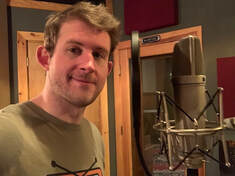
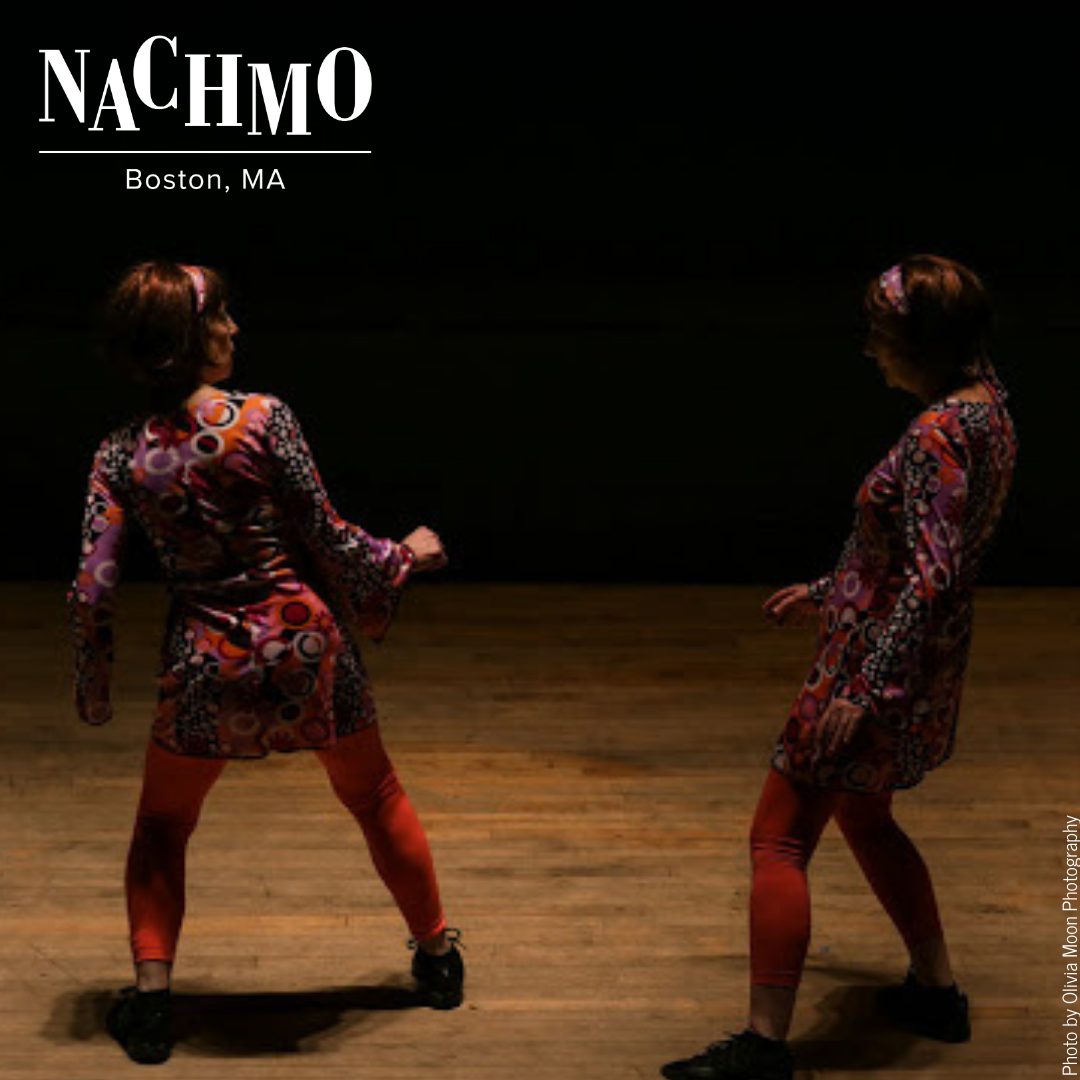
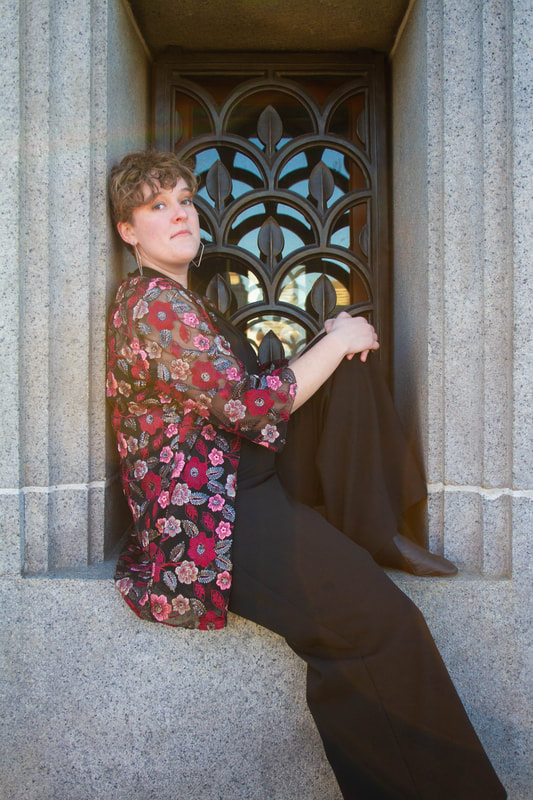
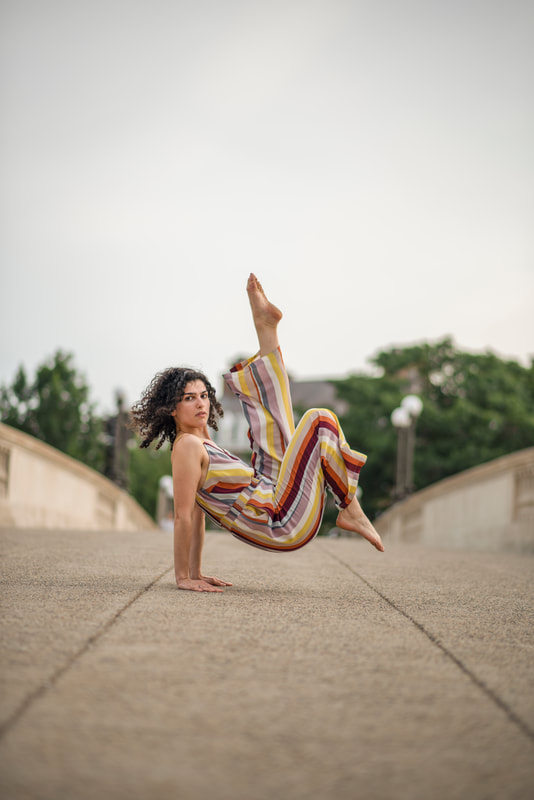
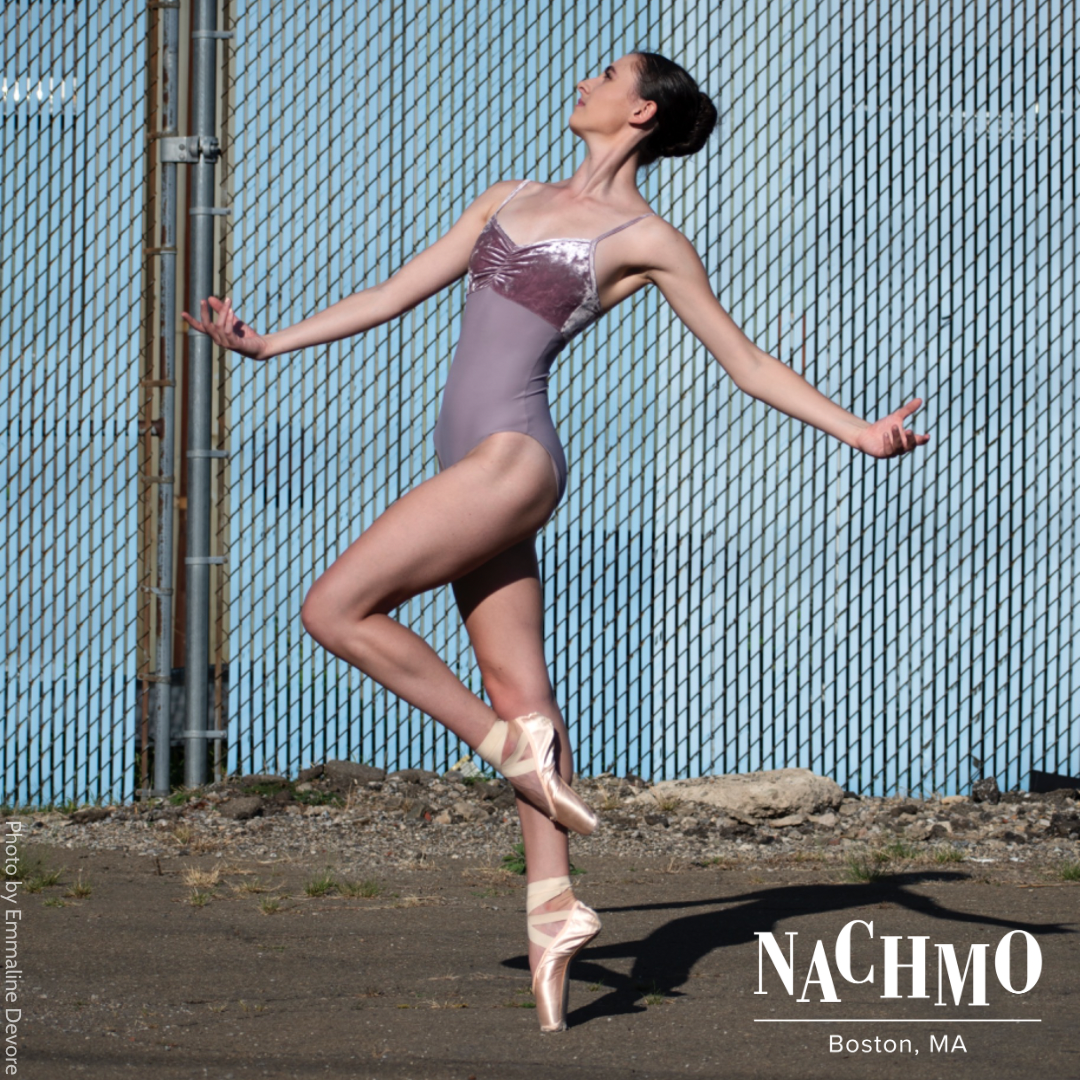
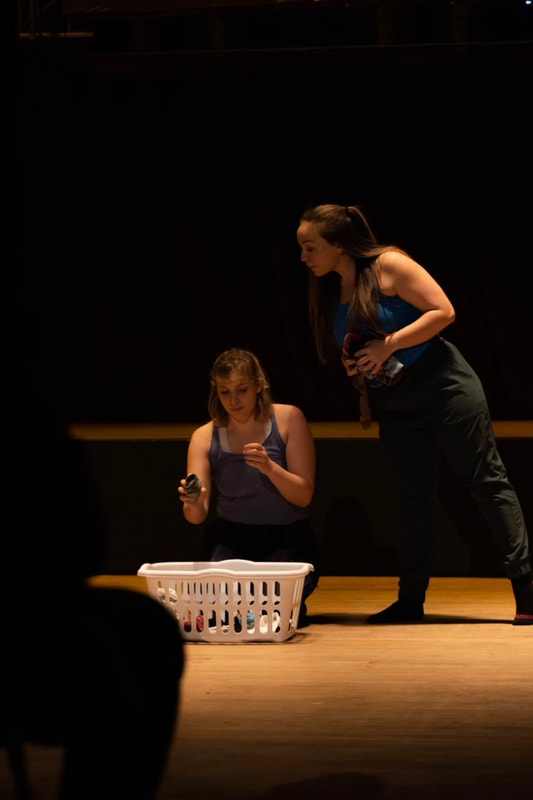
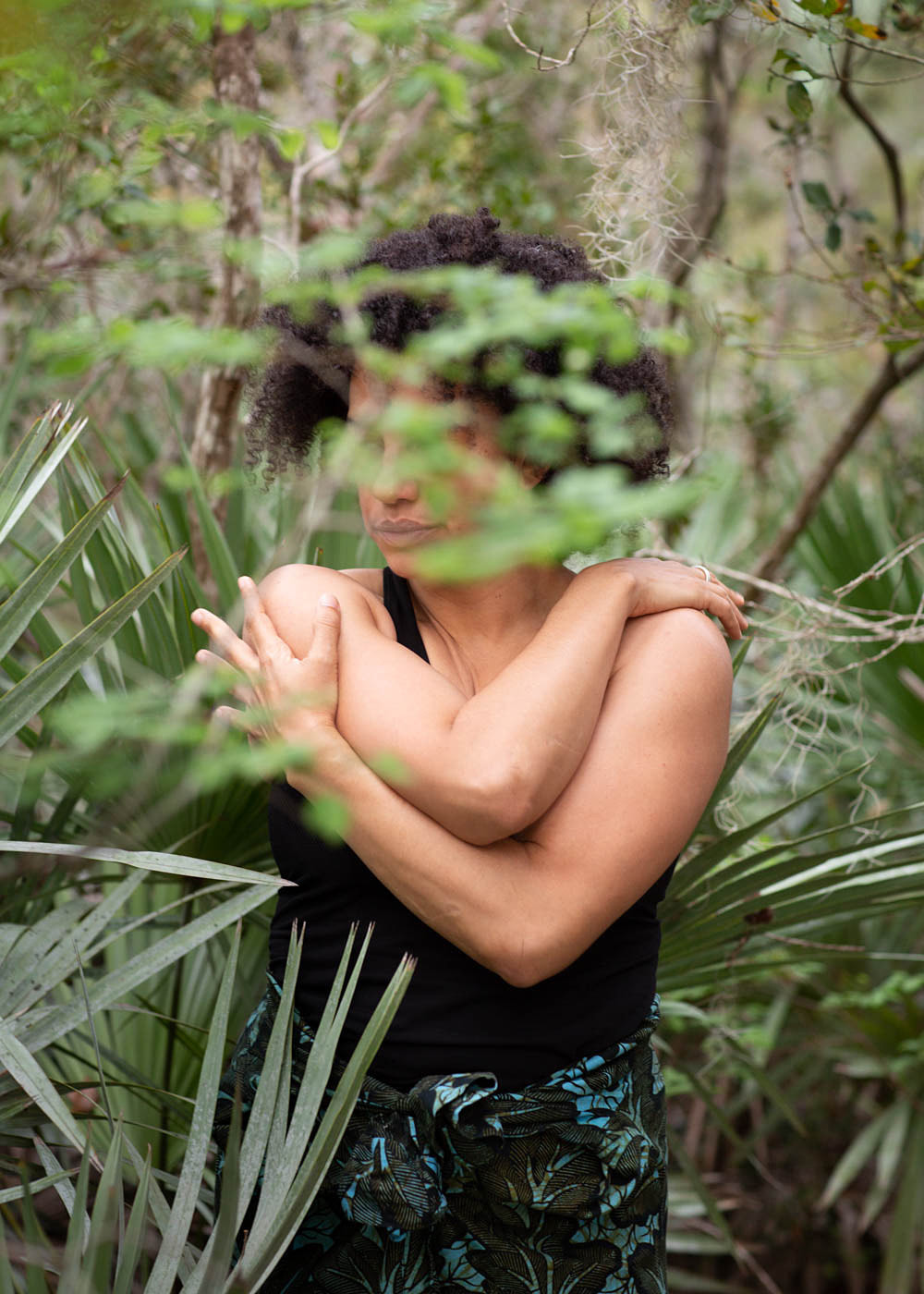
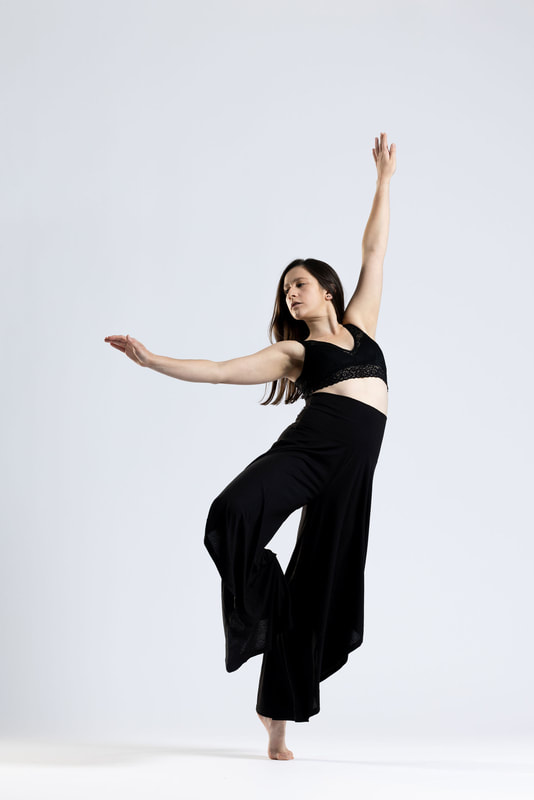
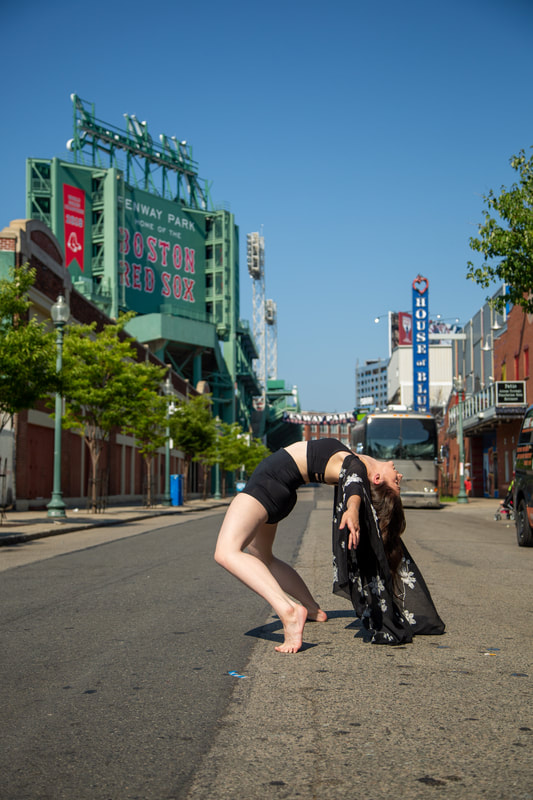
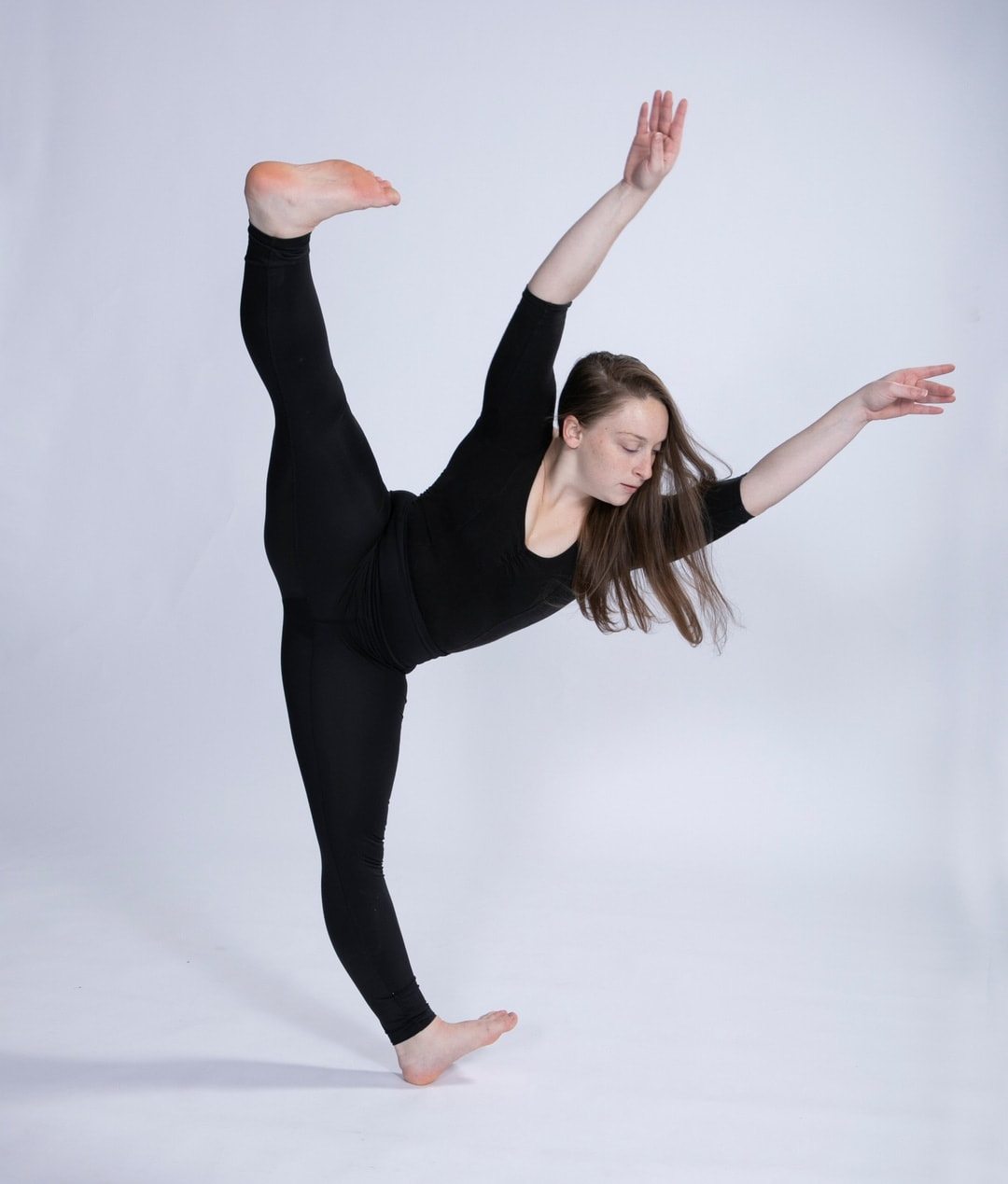
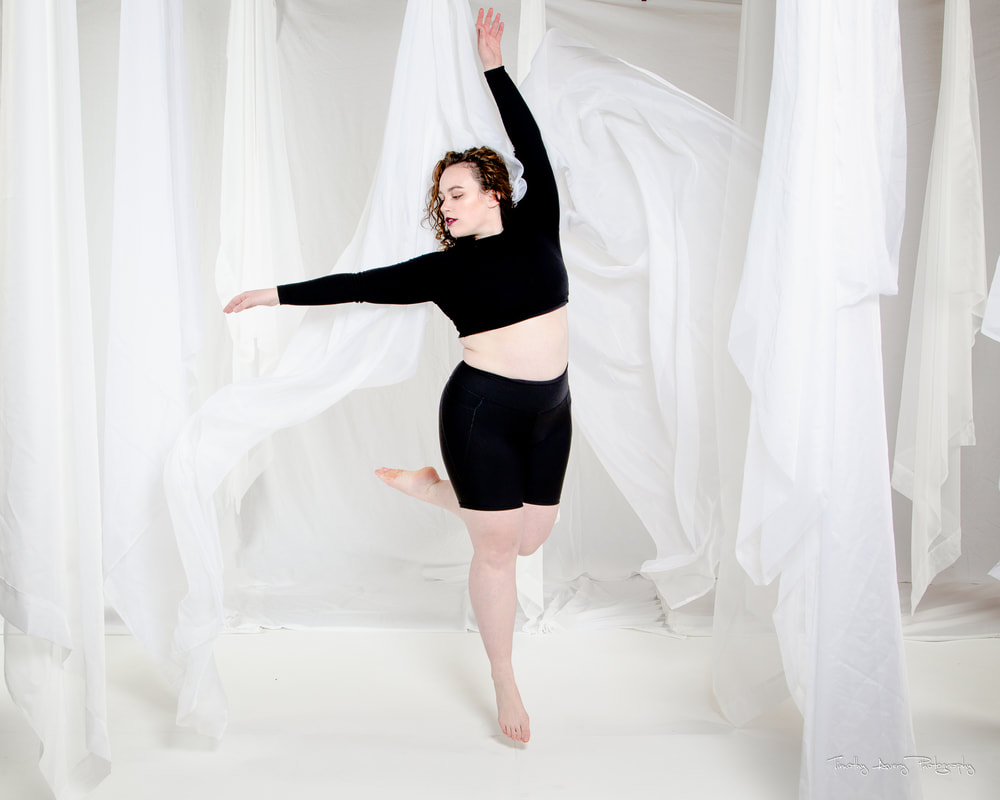
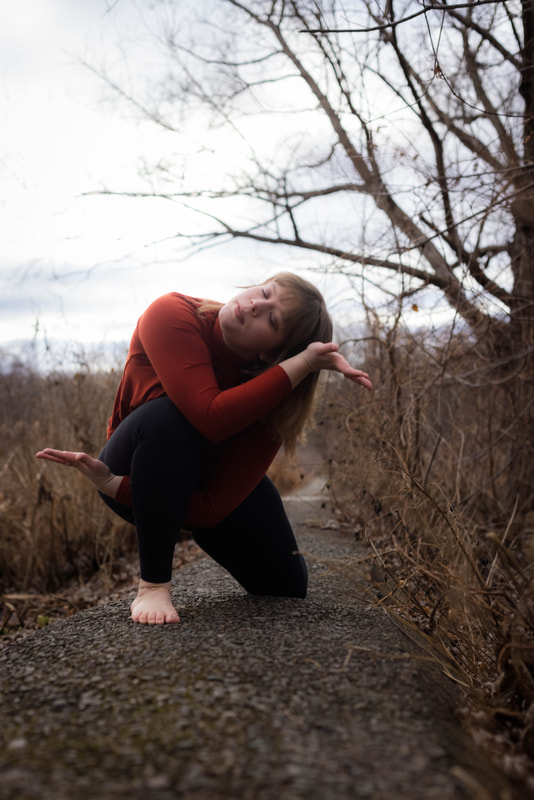
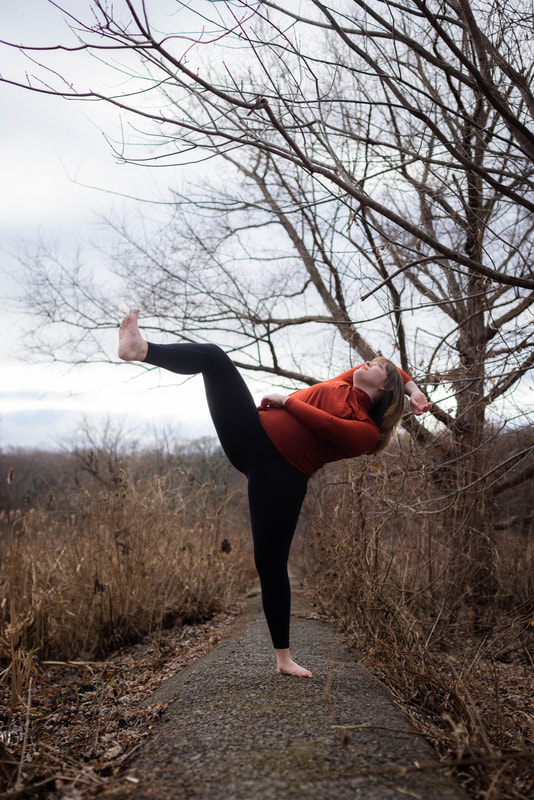
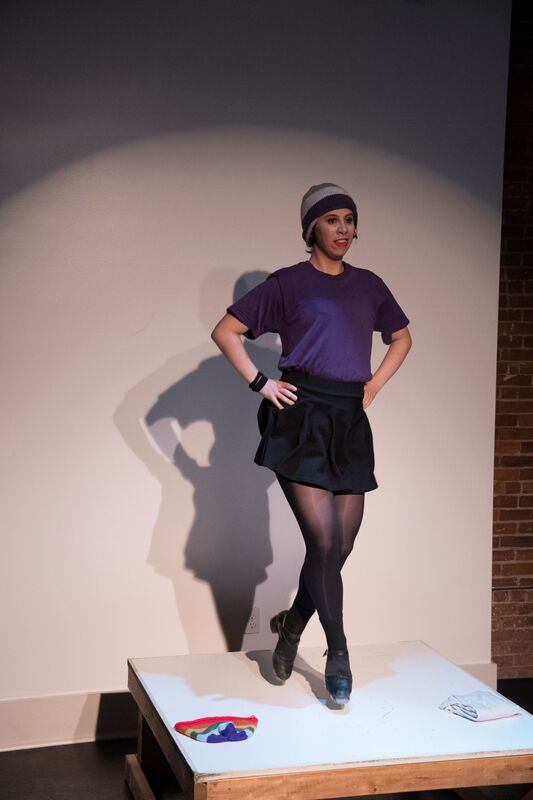
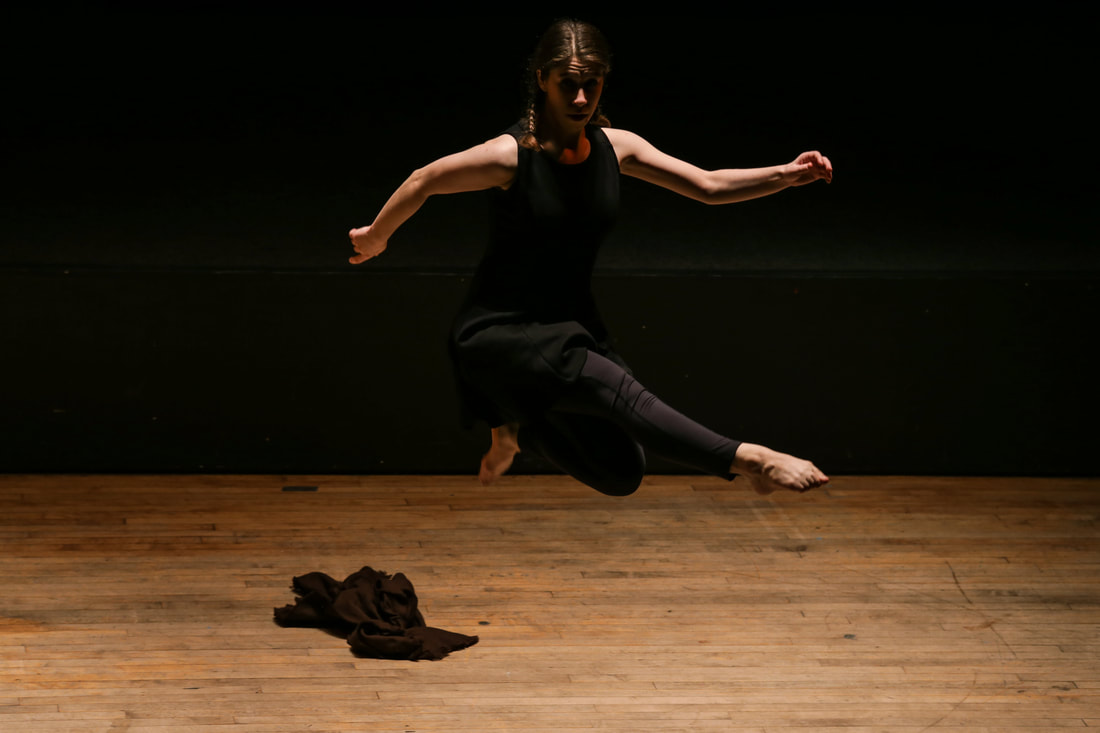
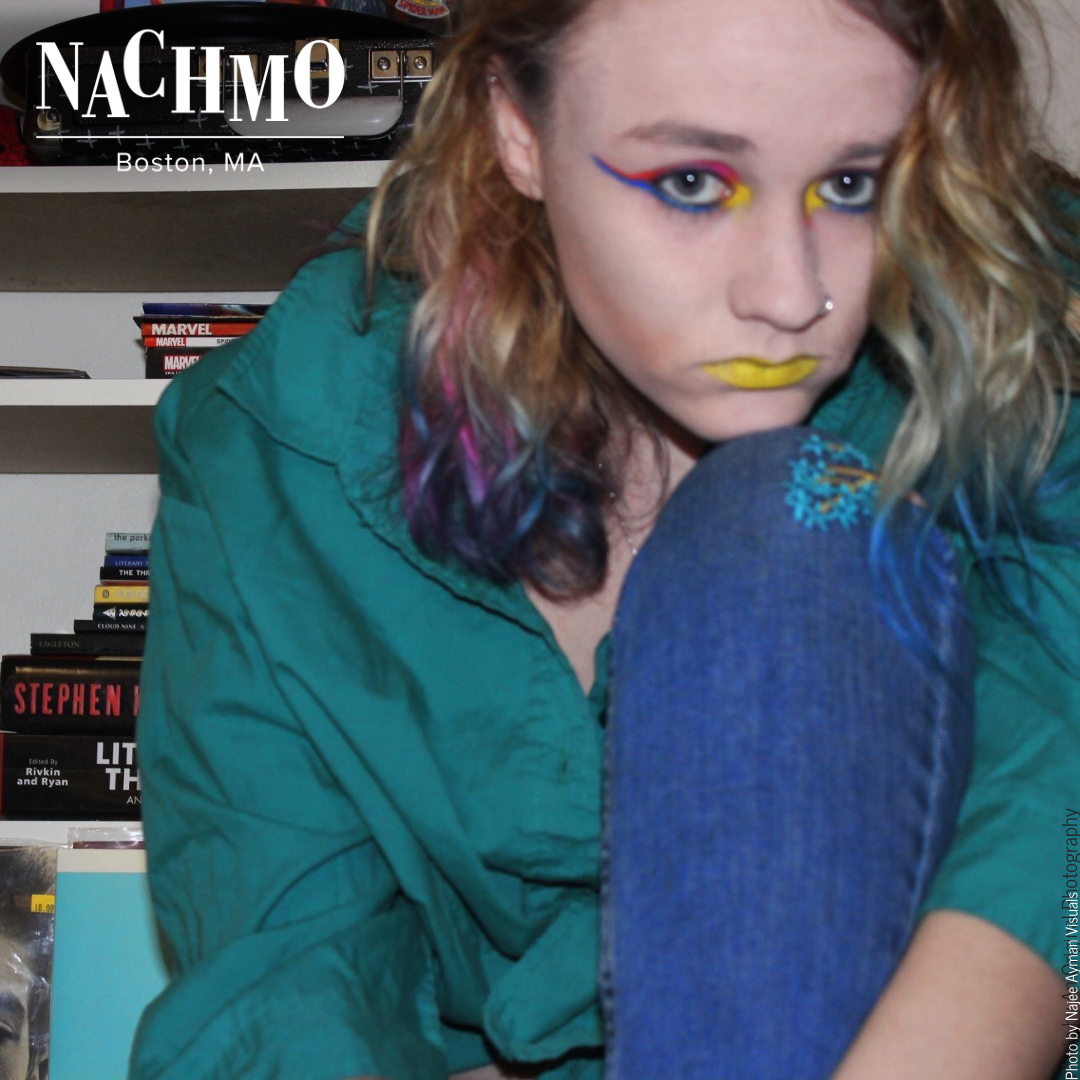
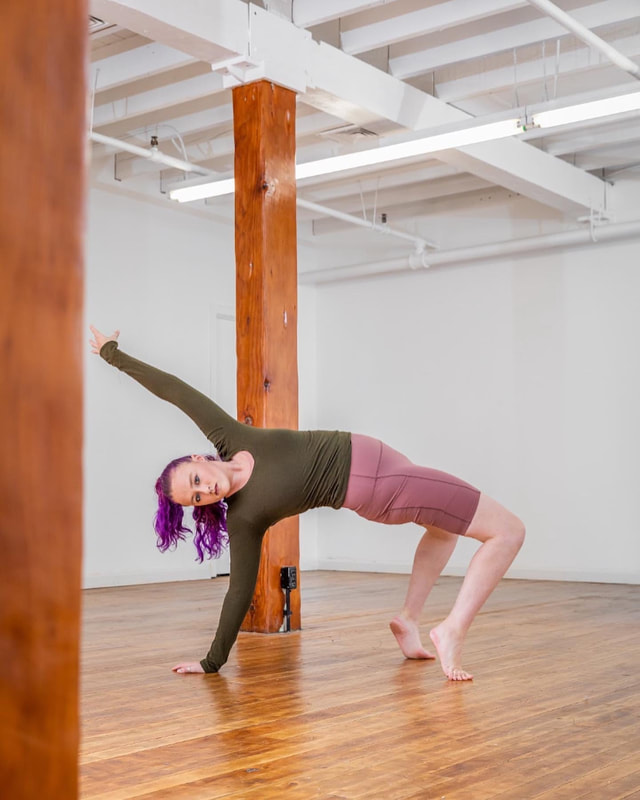
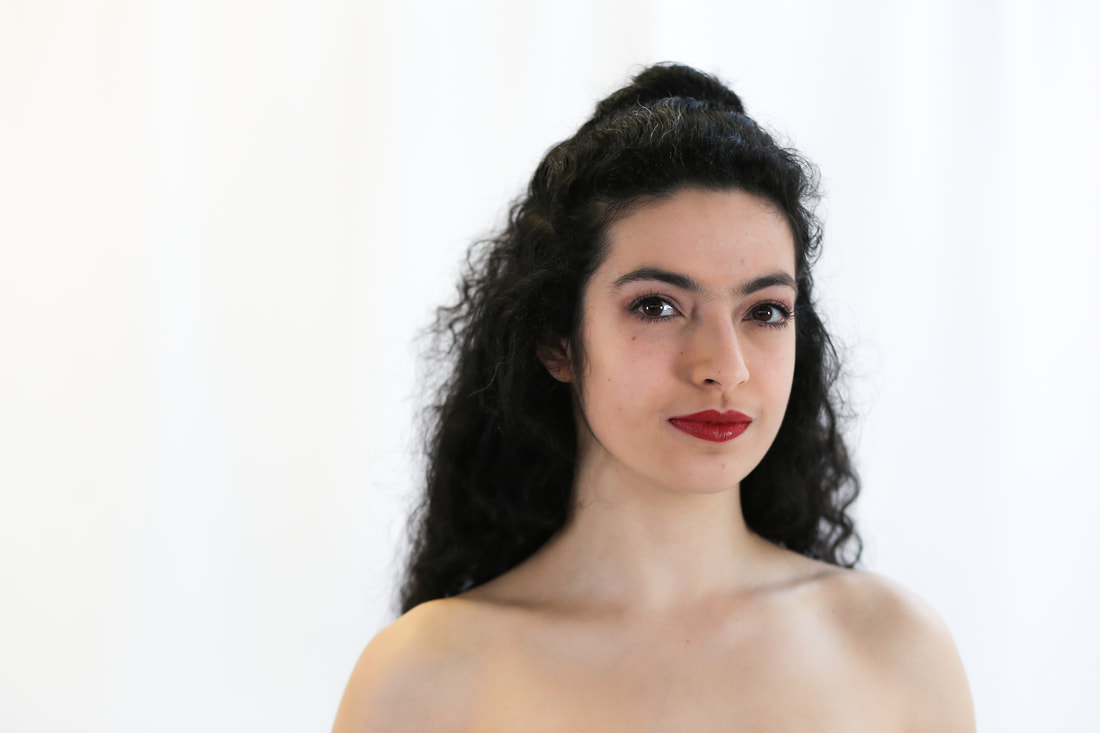
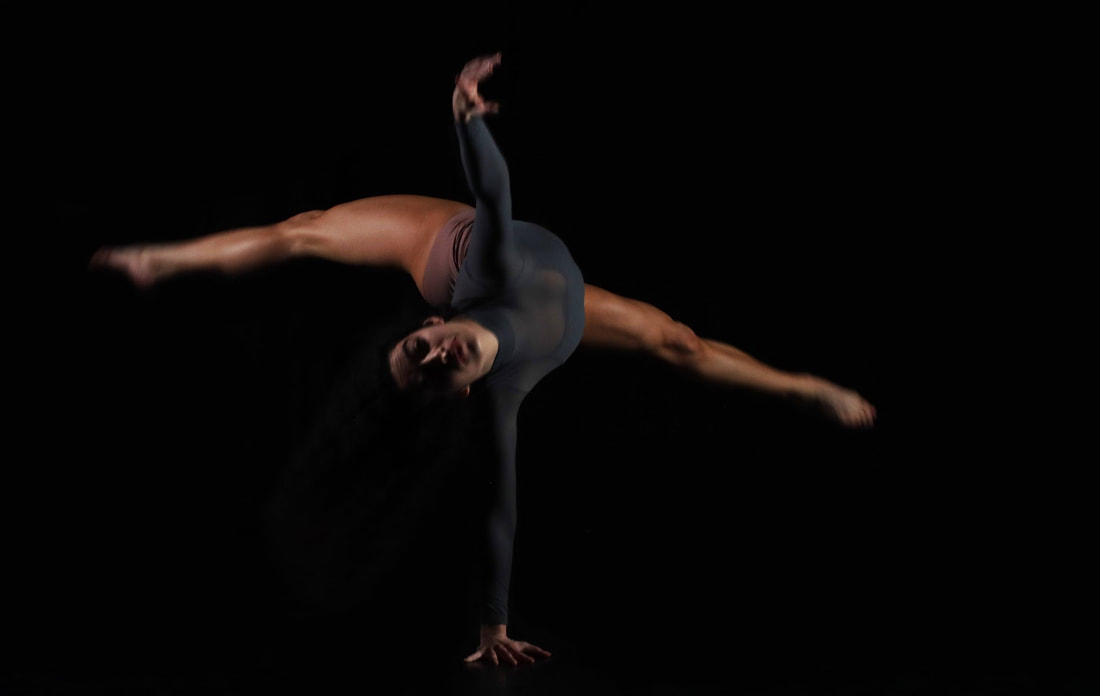
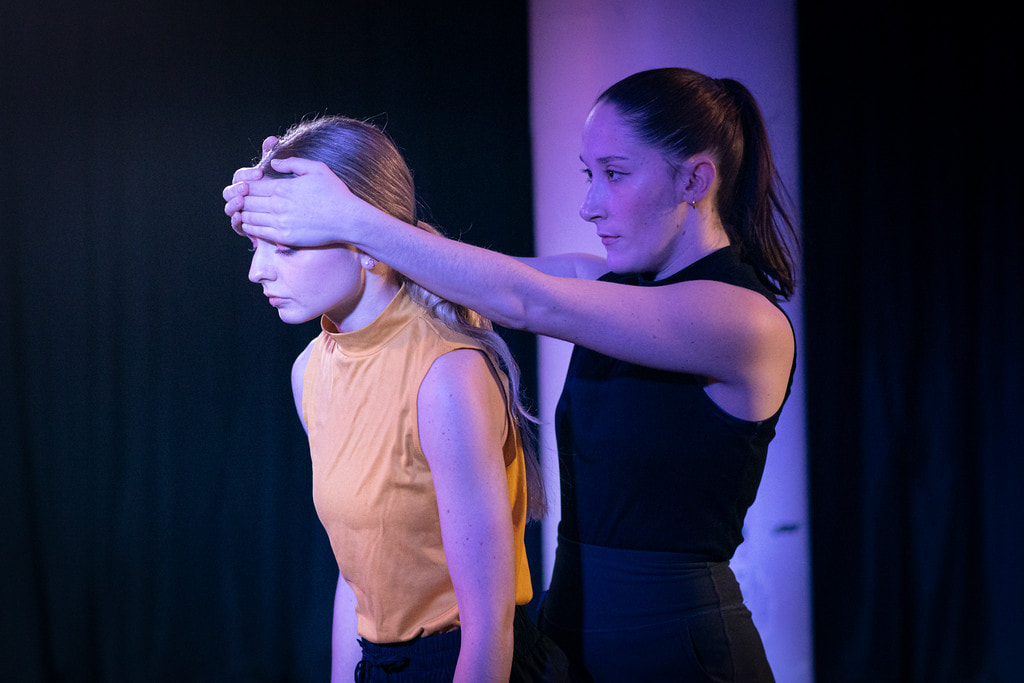
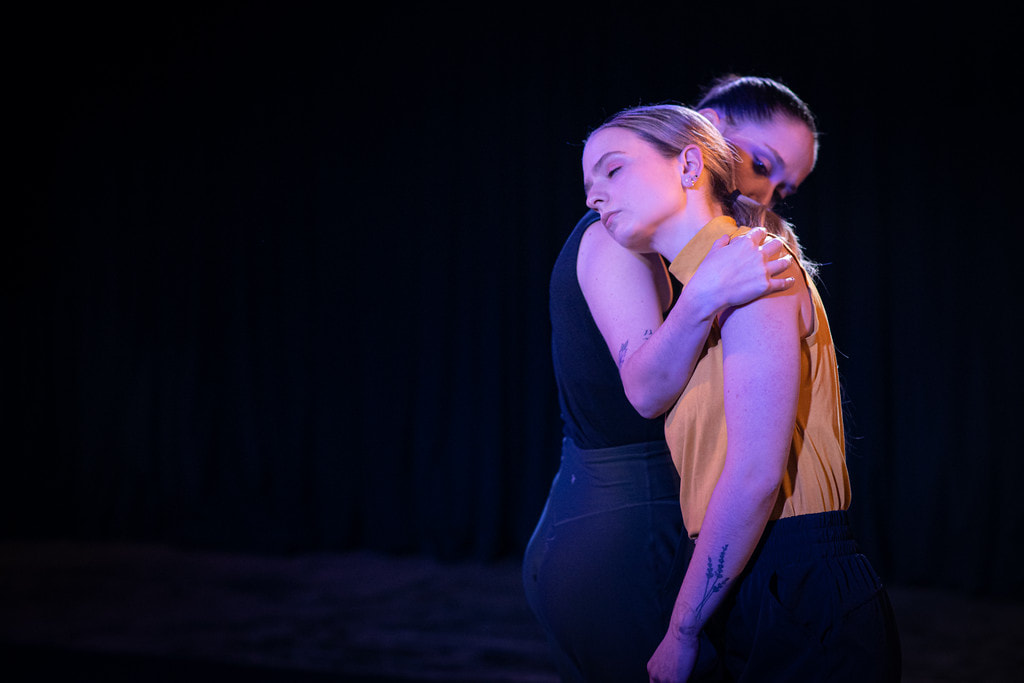
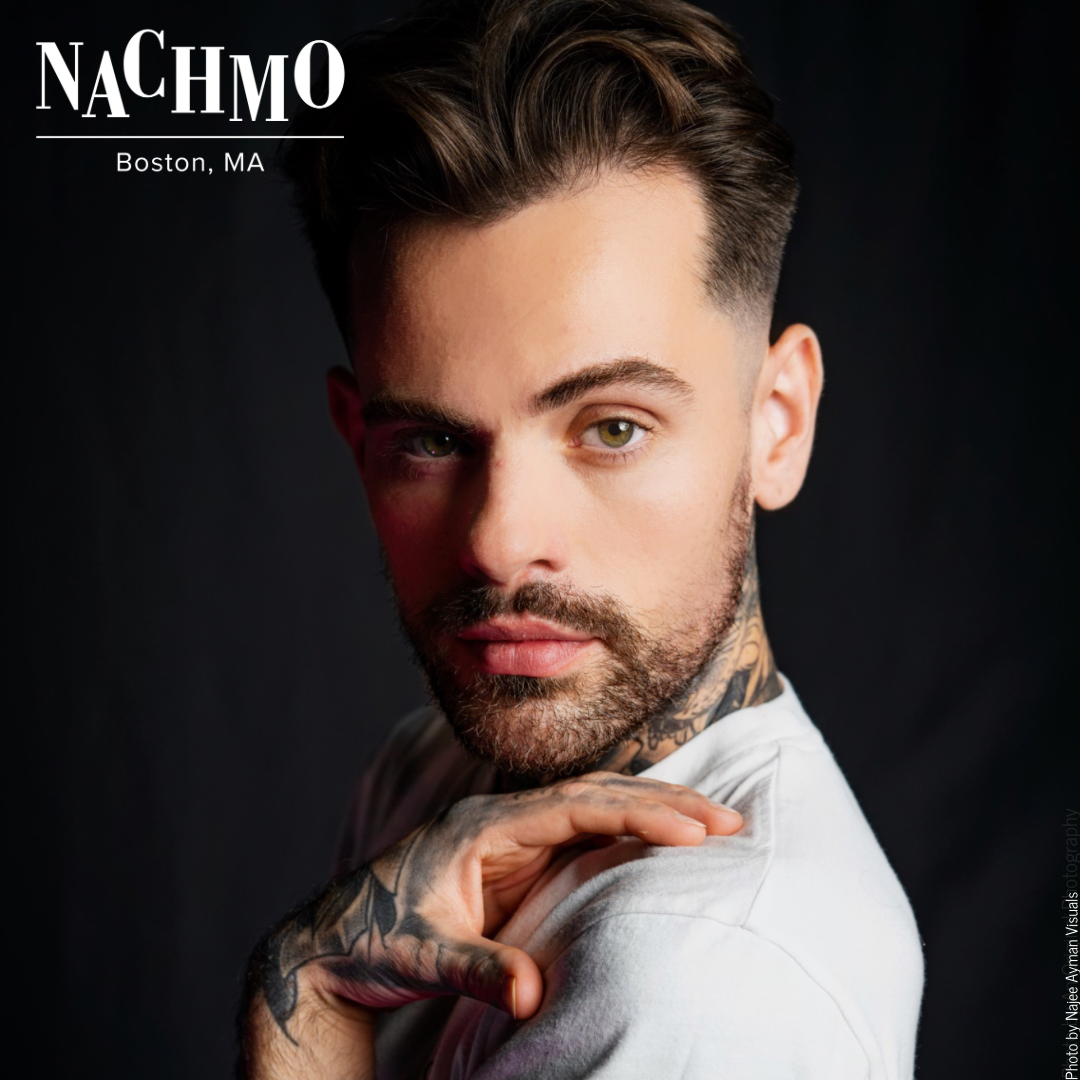
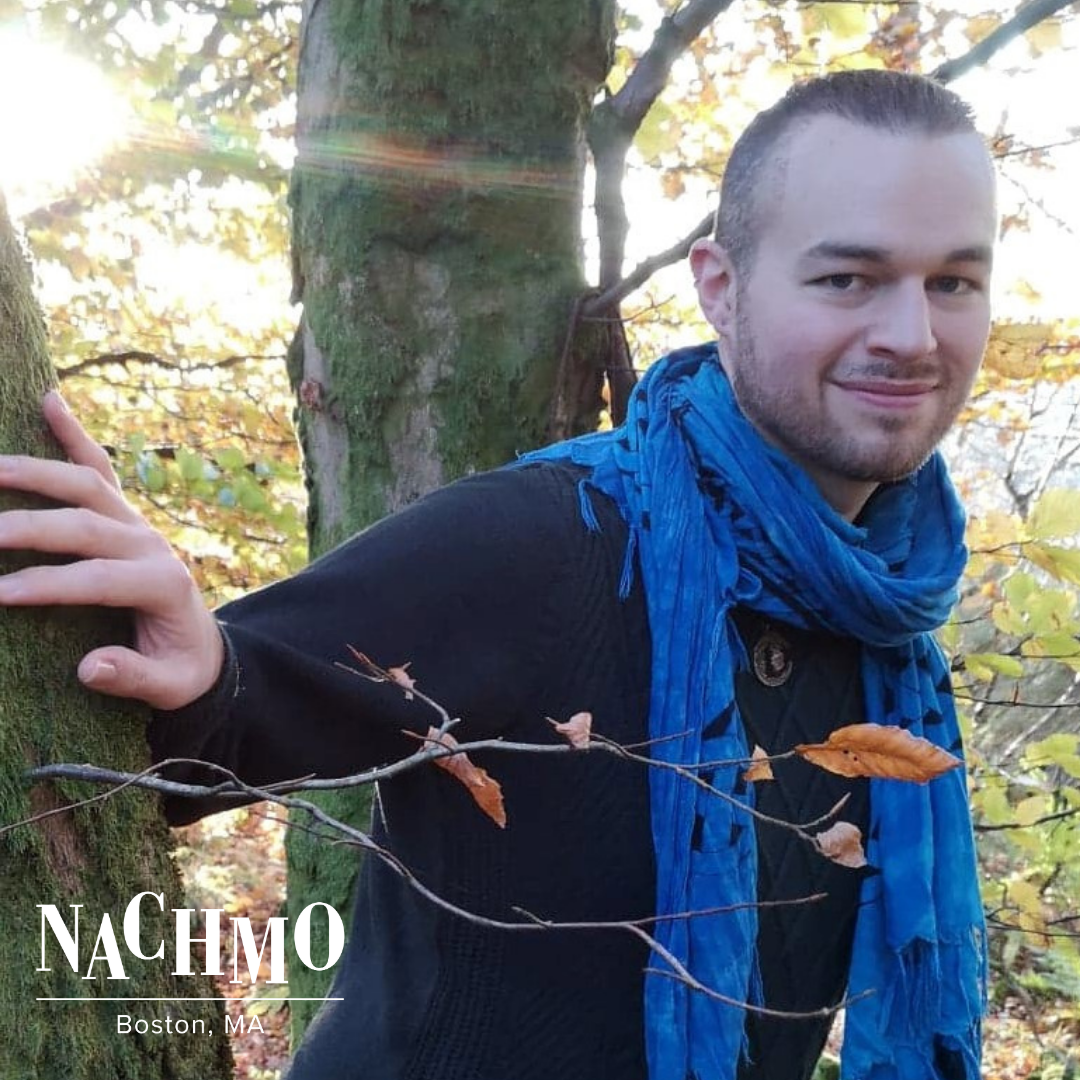
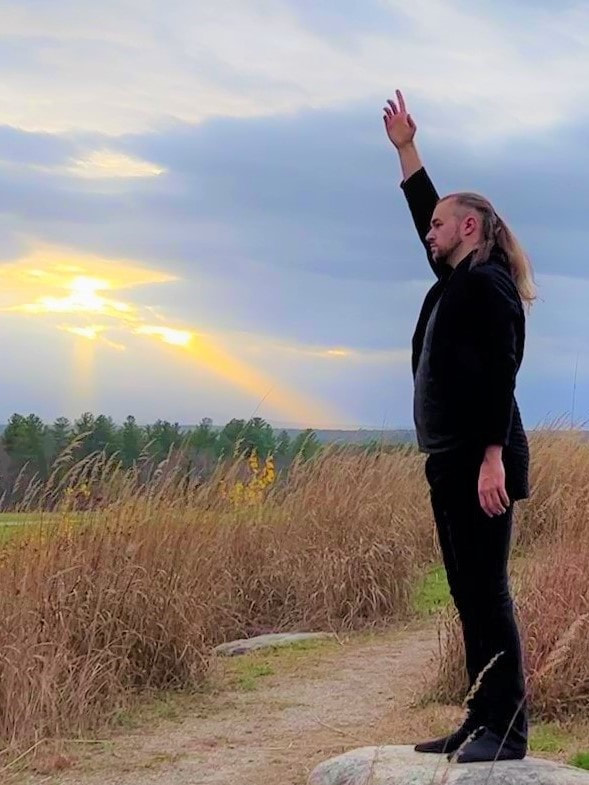
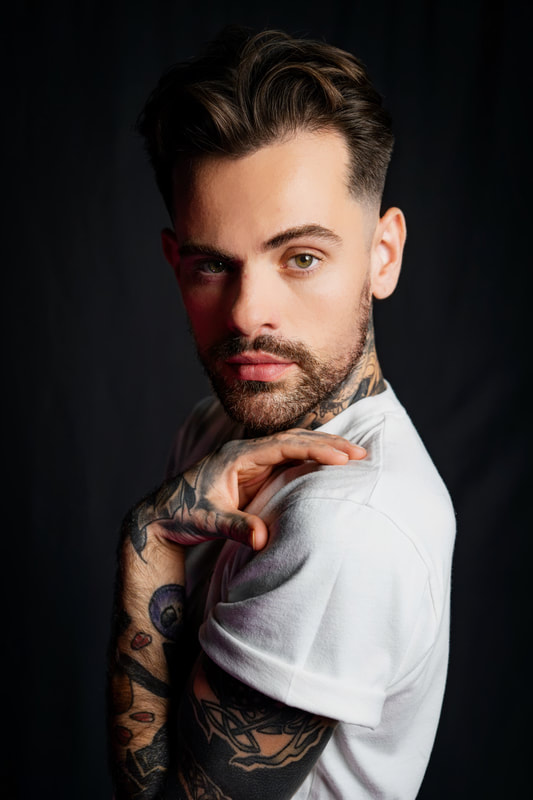
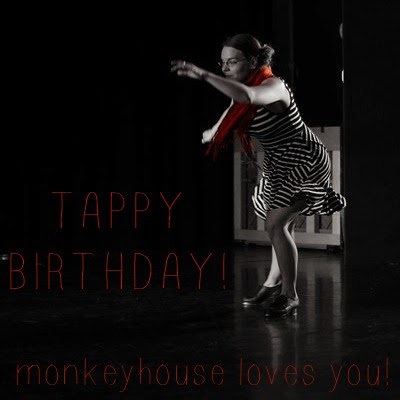
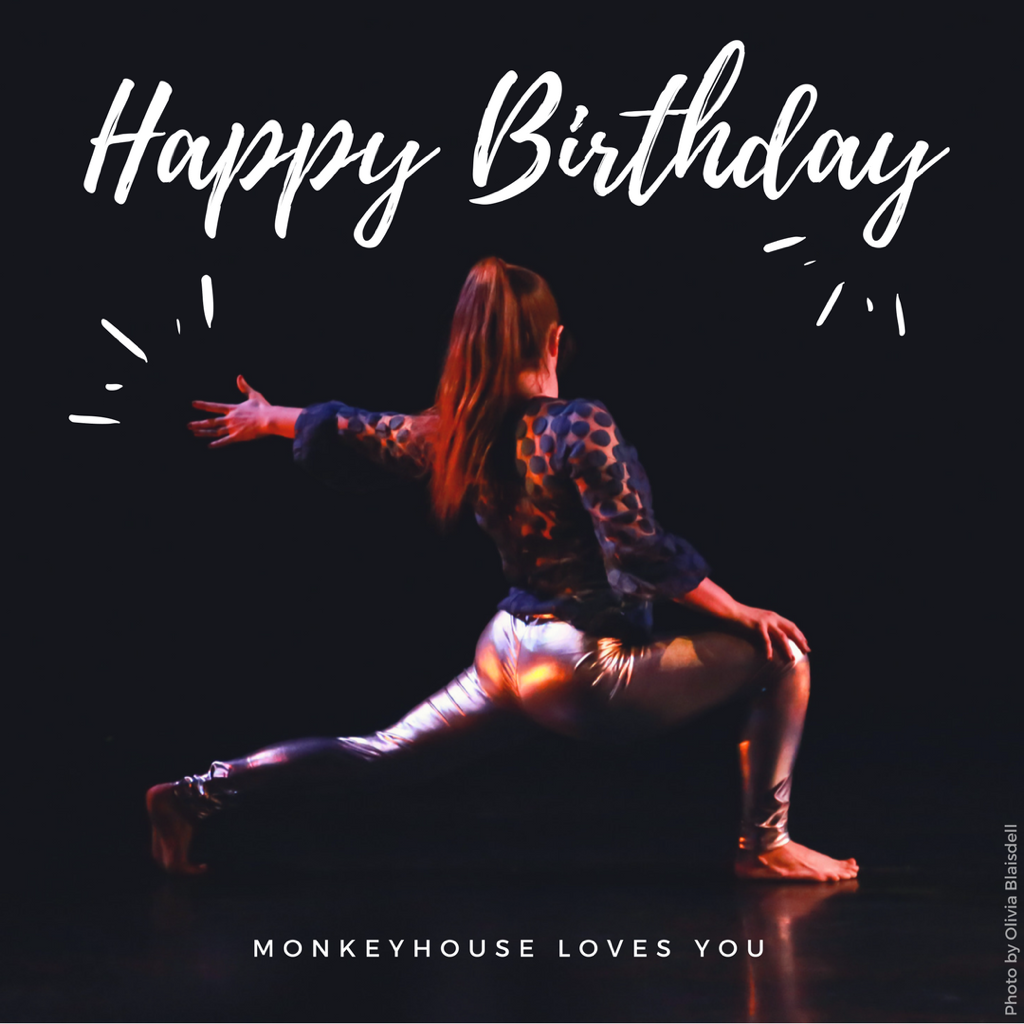
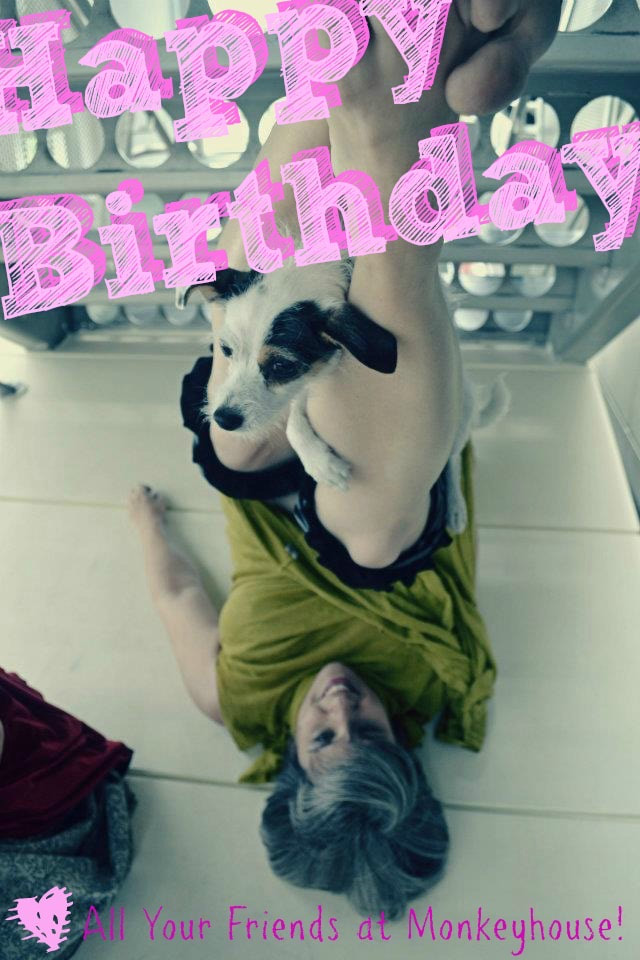
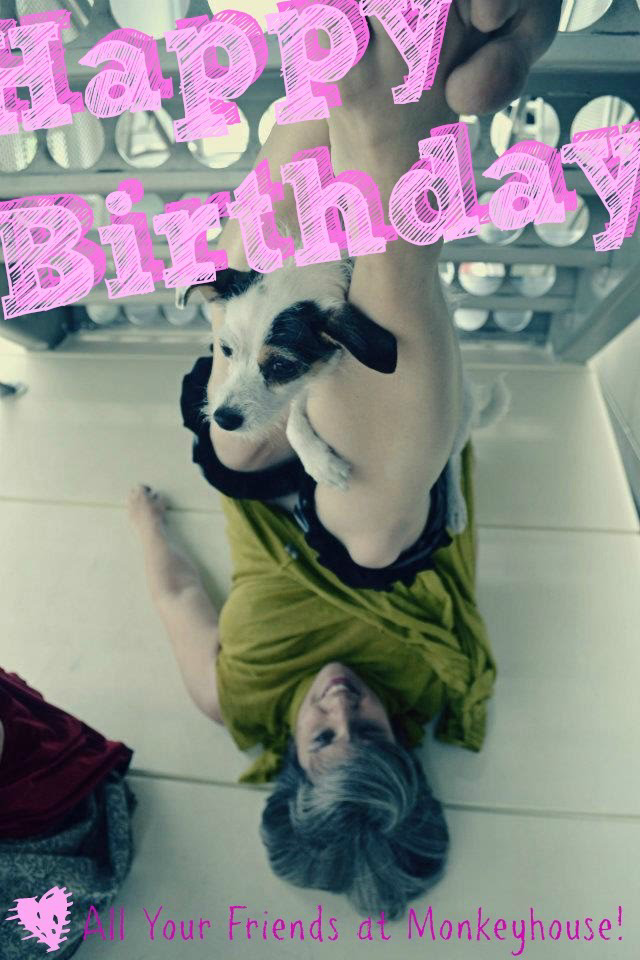
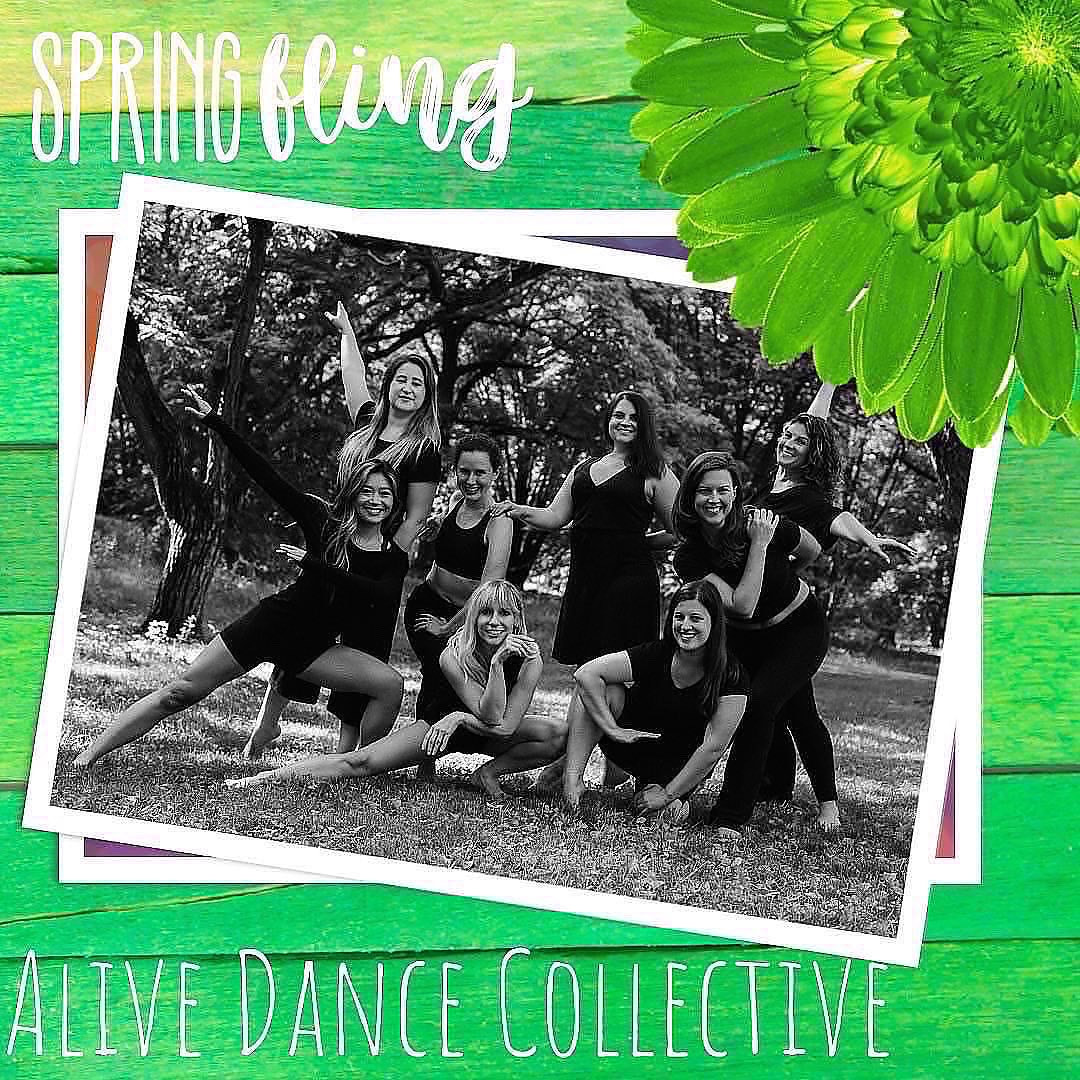
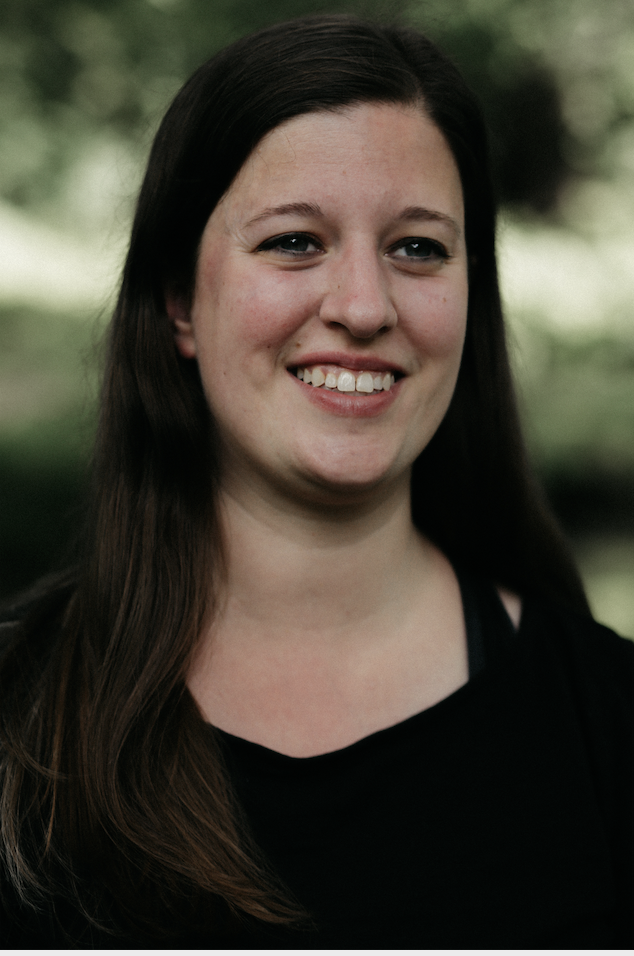
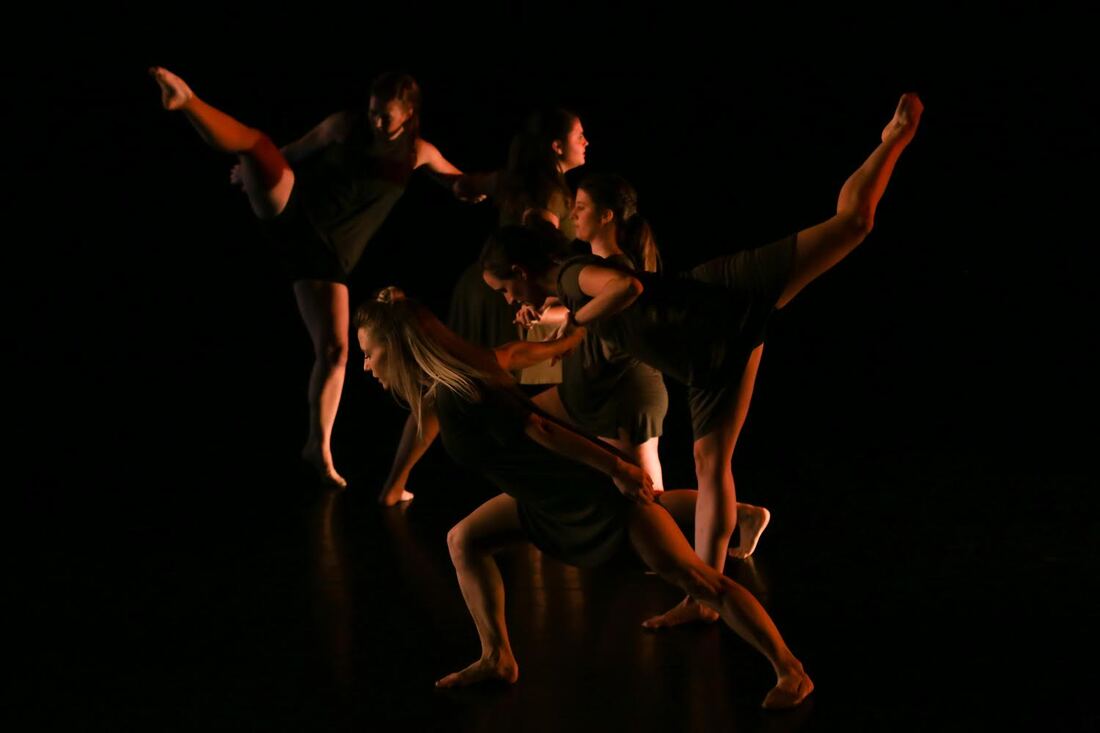
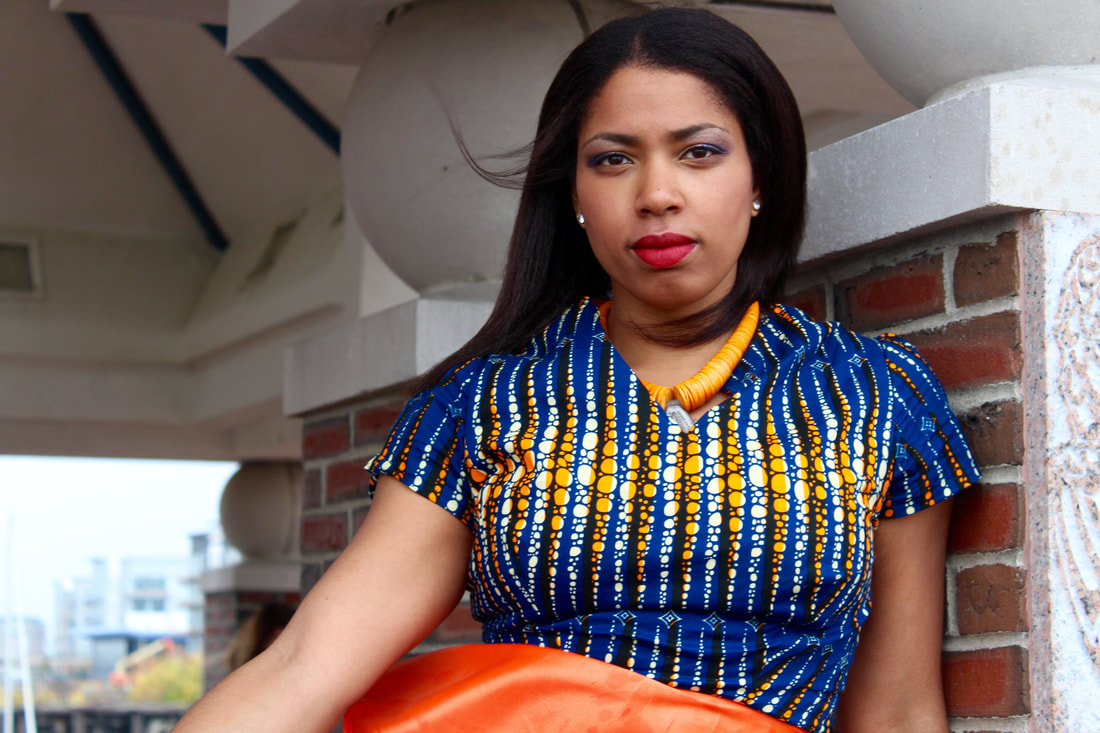
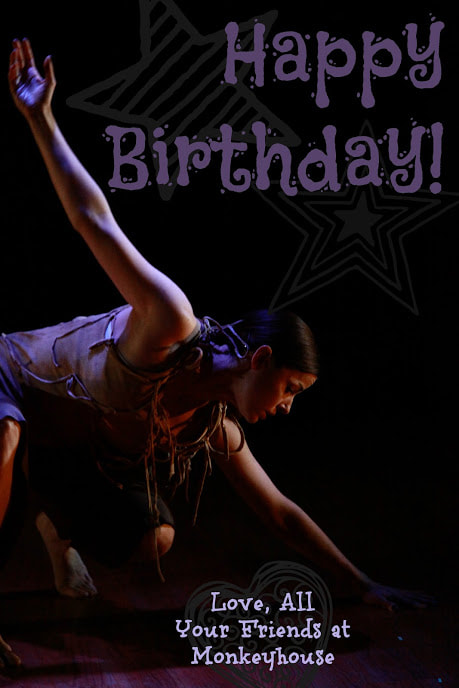
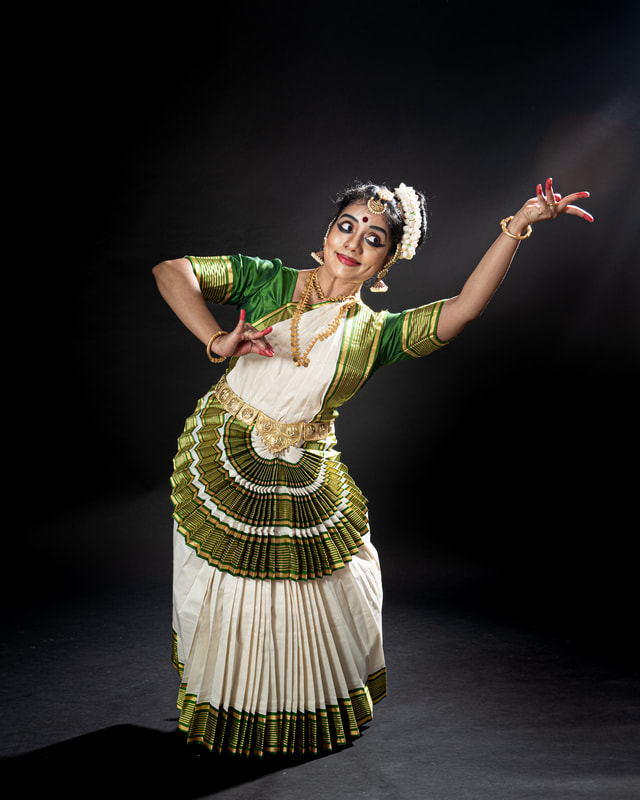
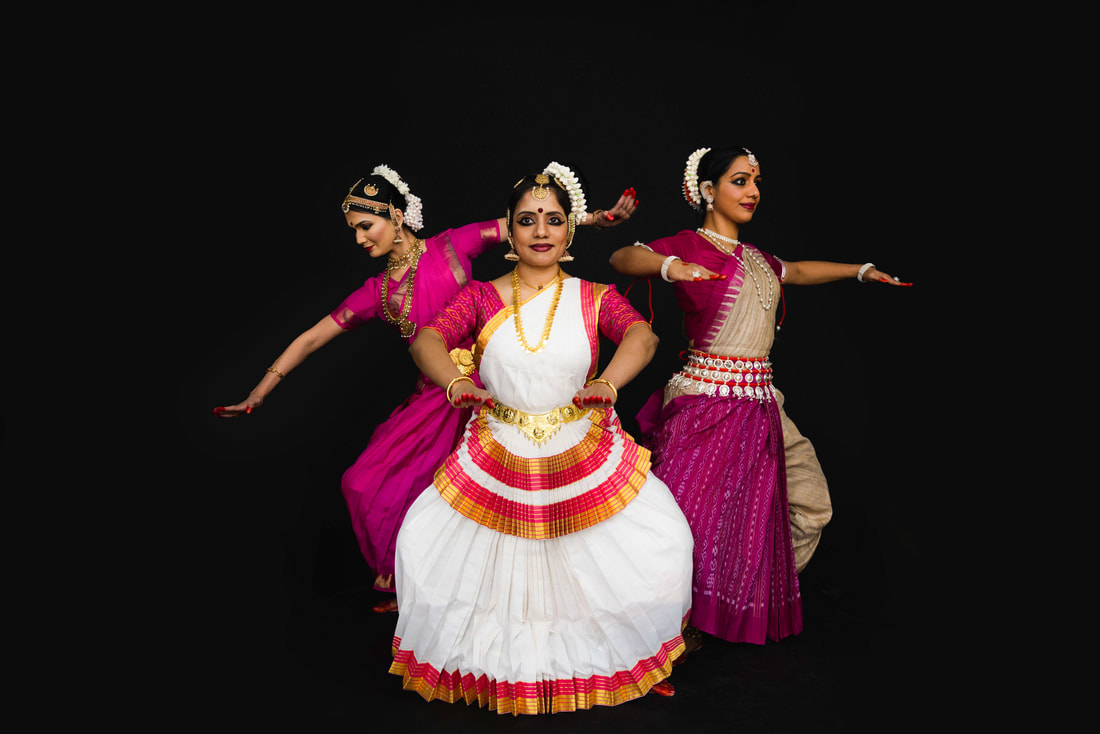
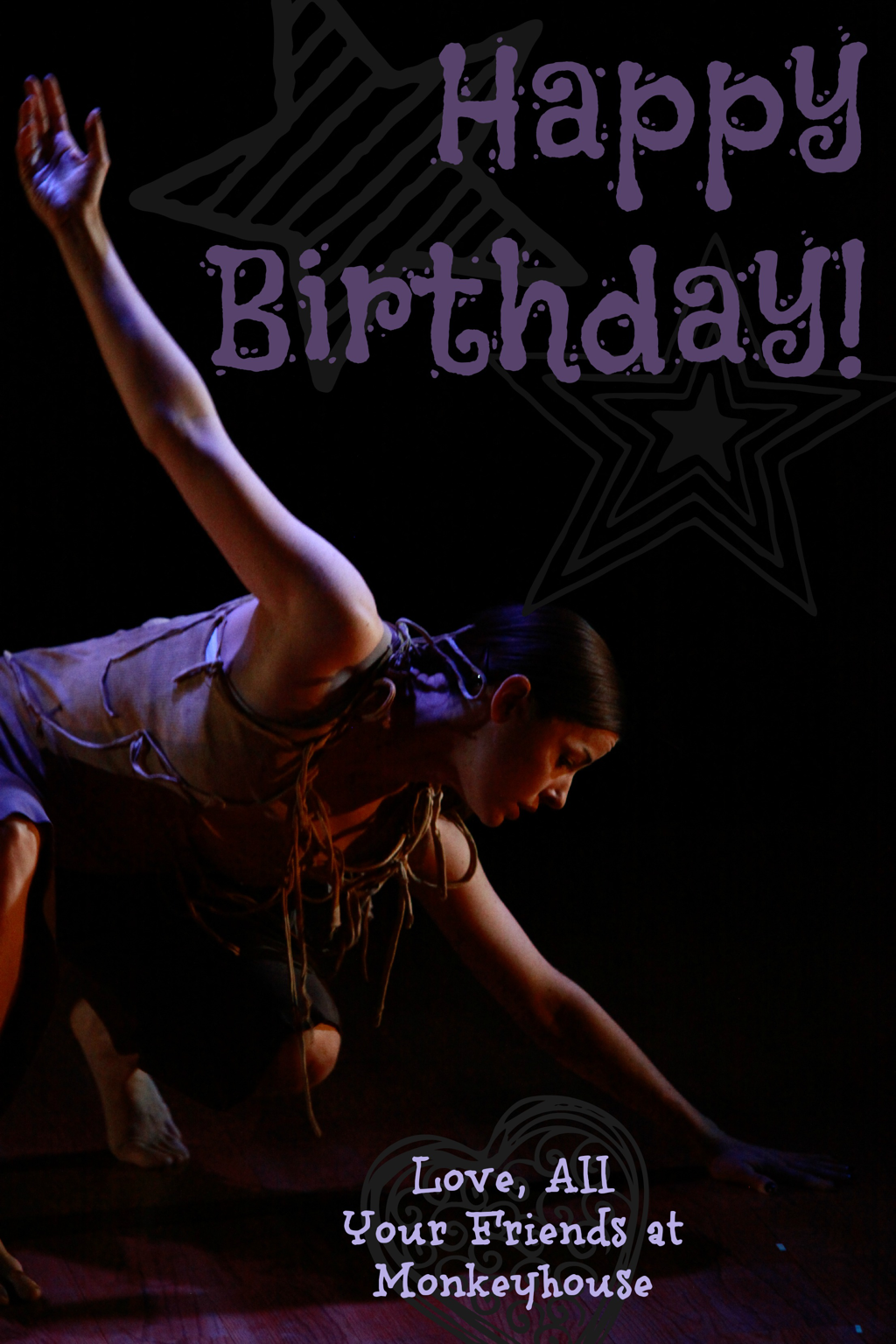
 RSS Feed
RSS Feed
